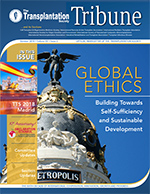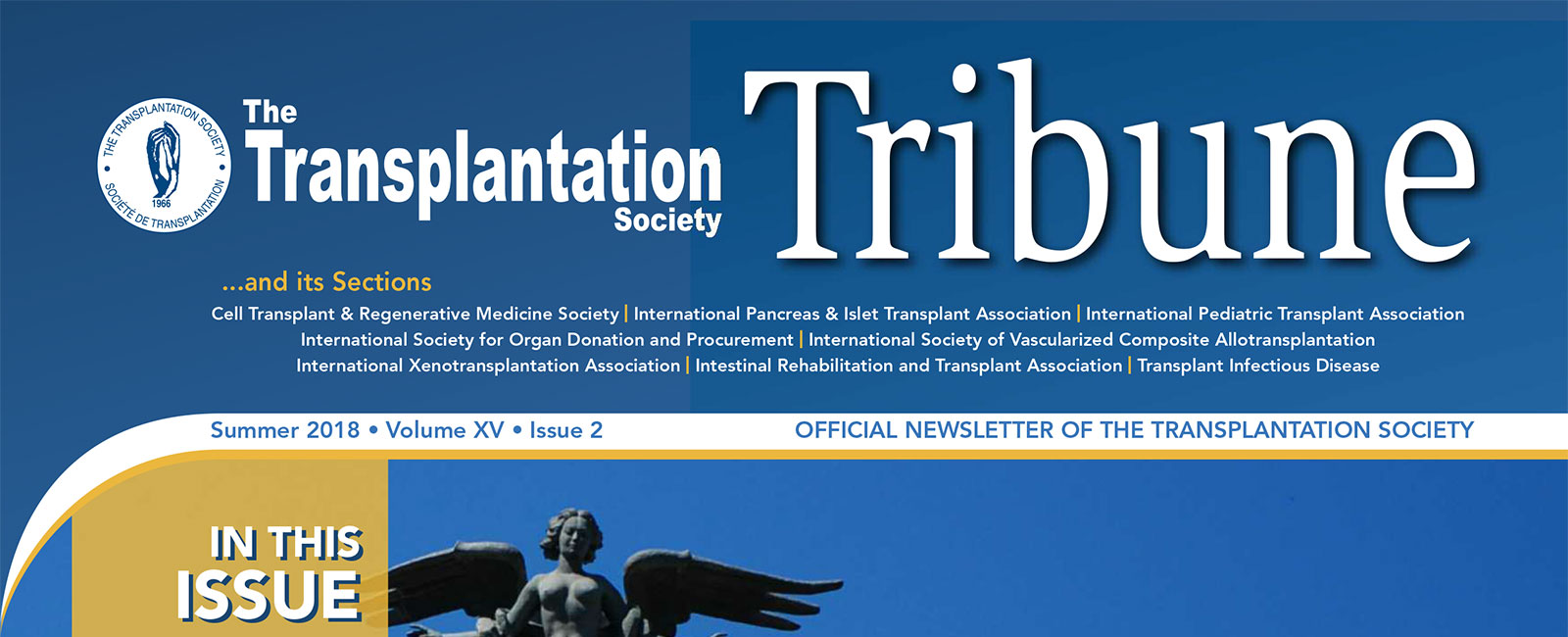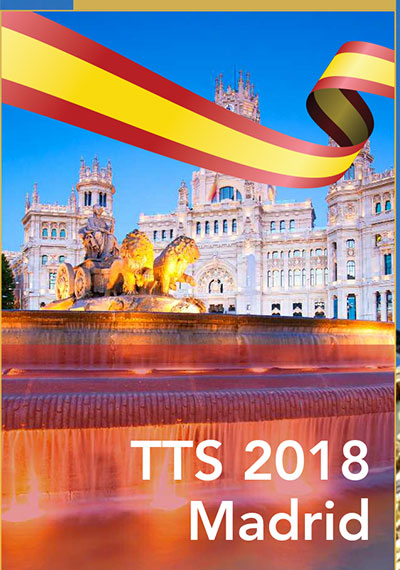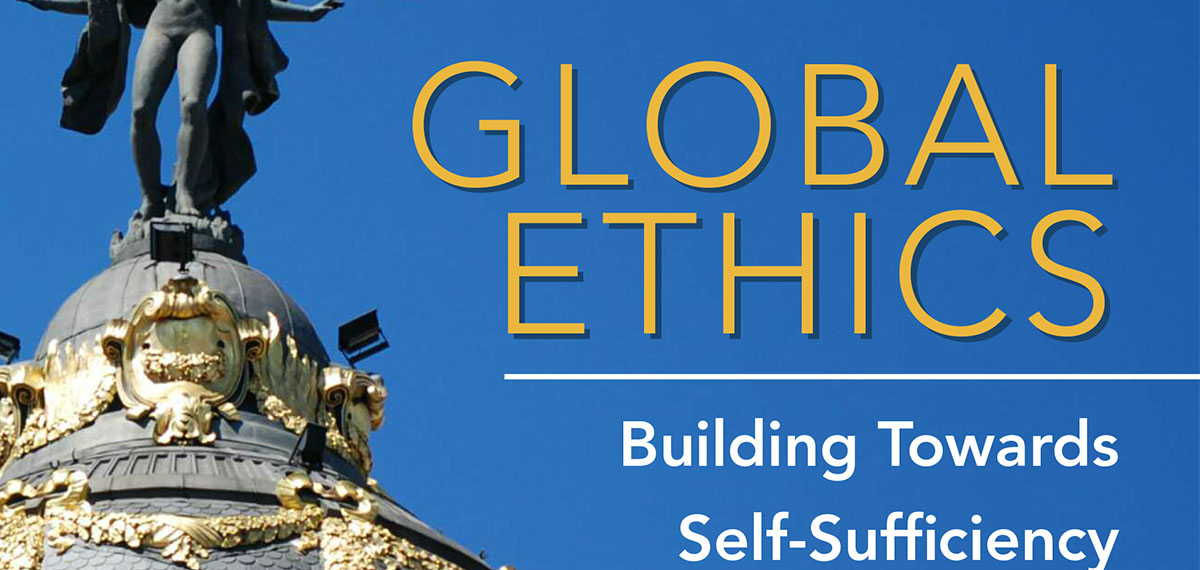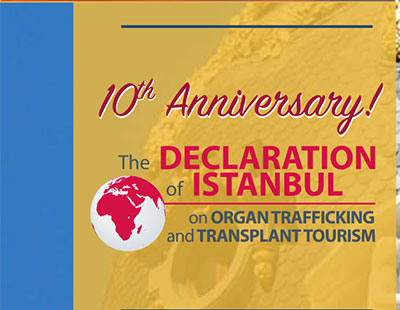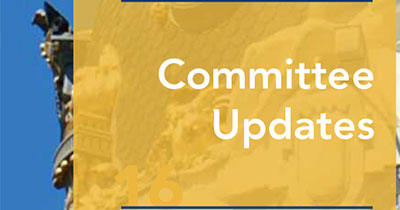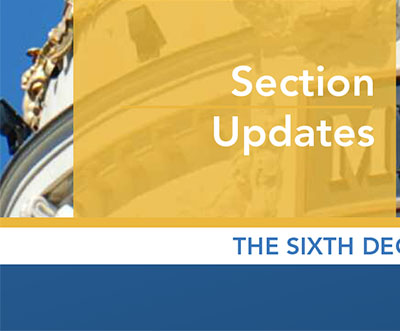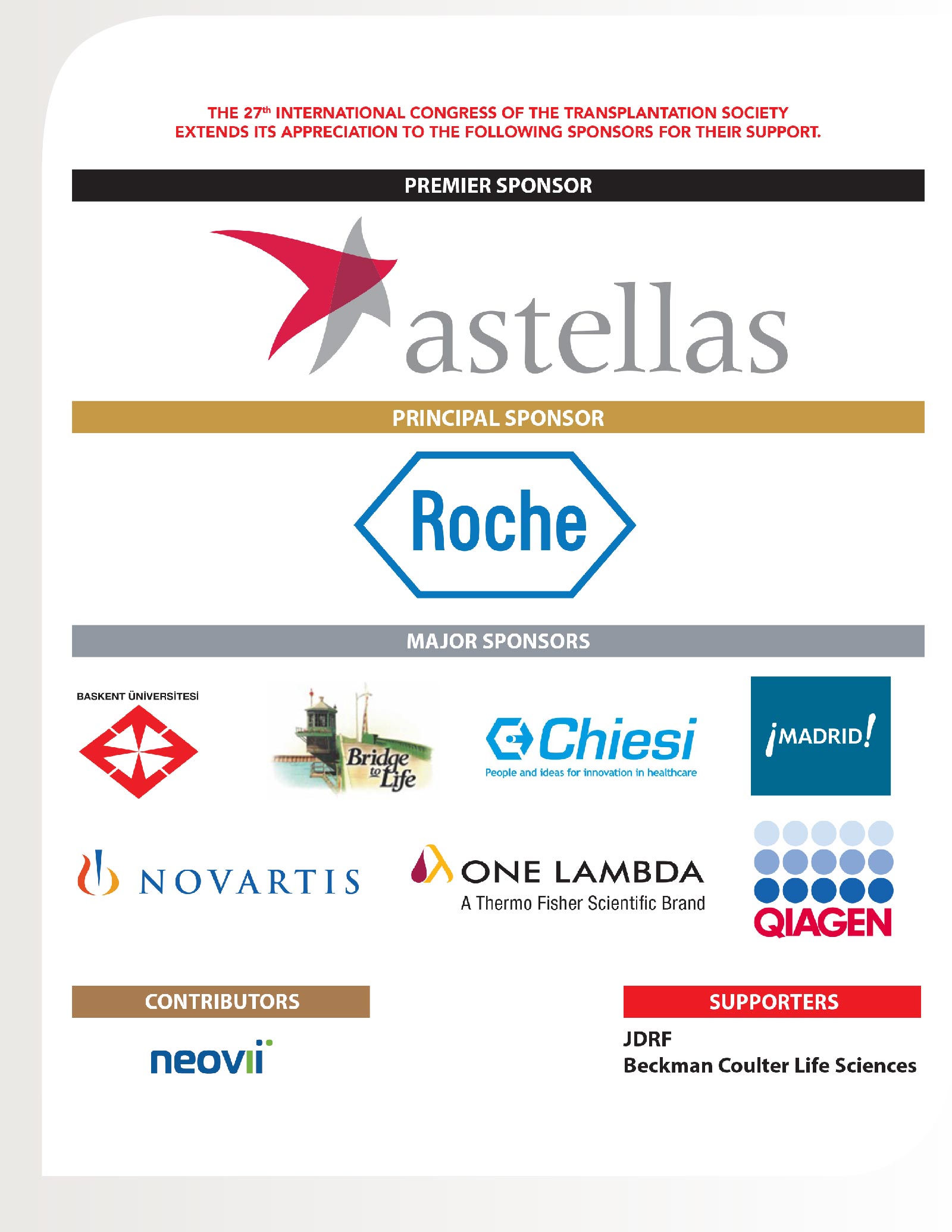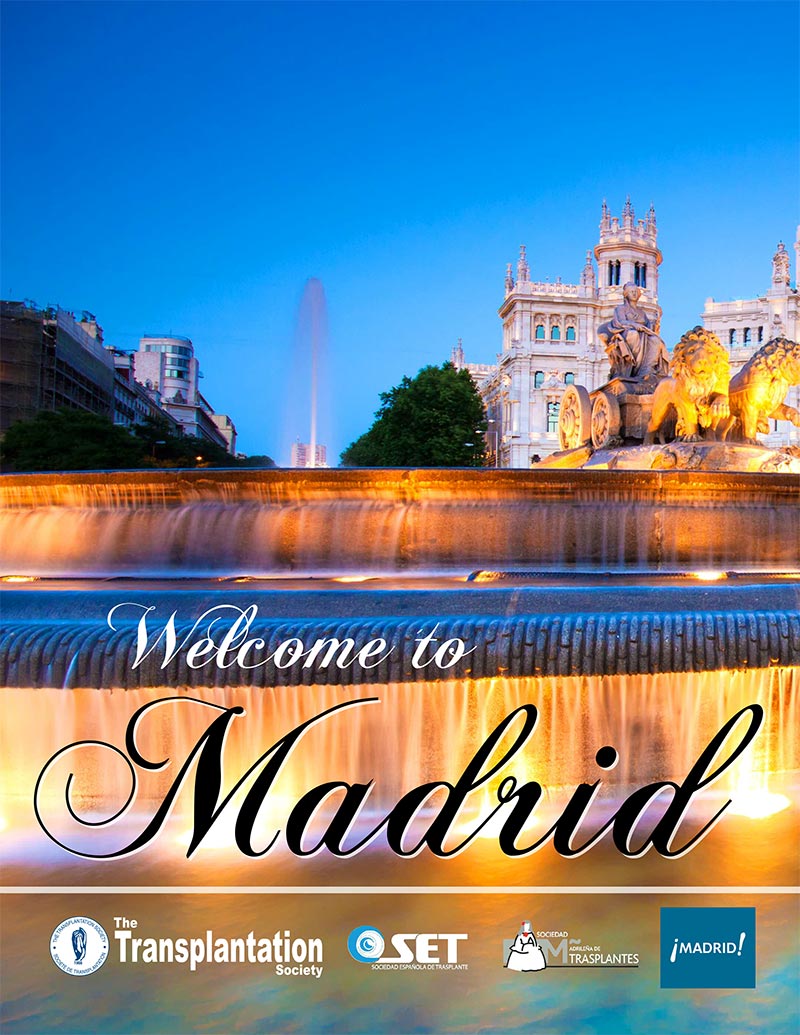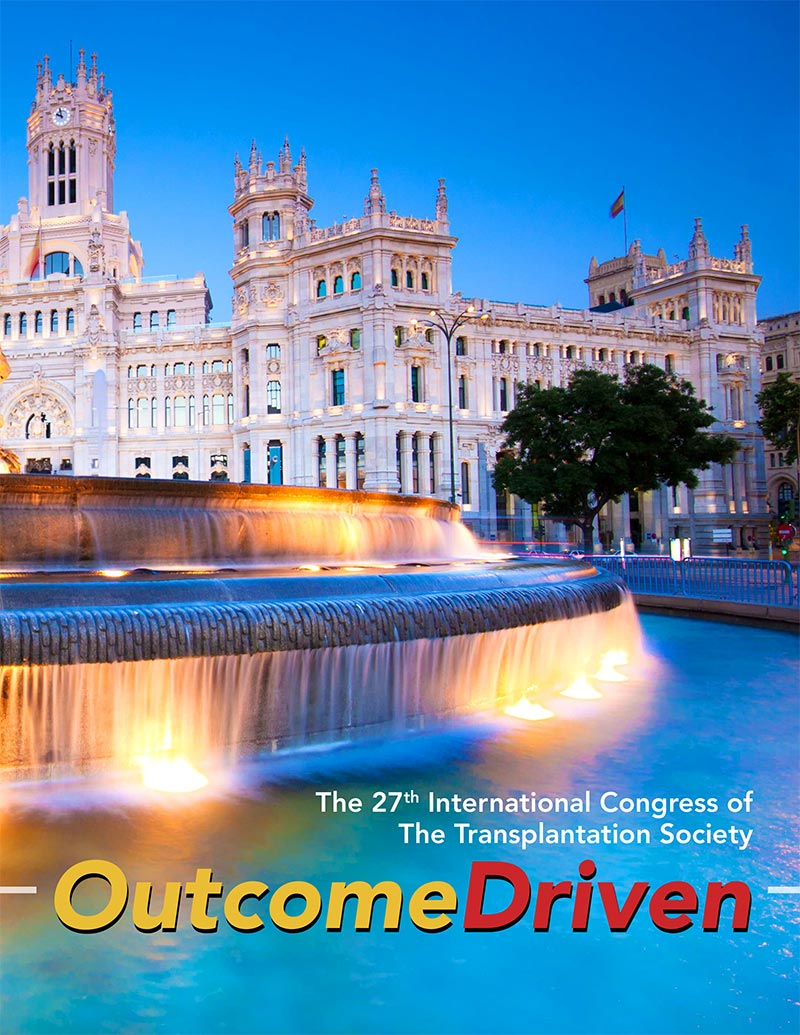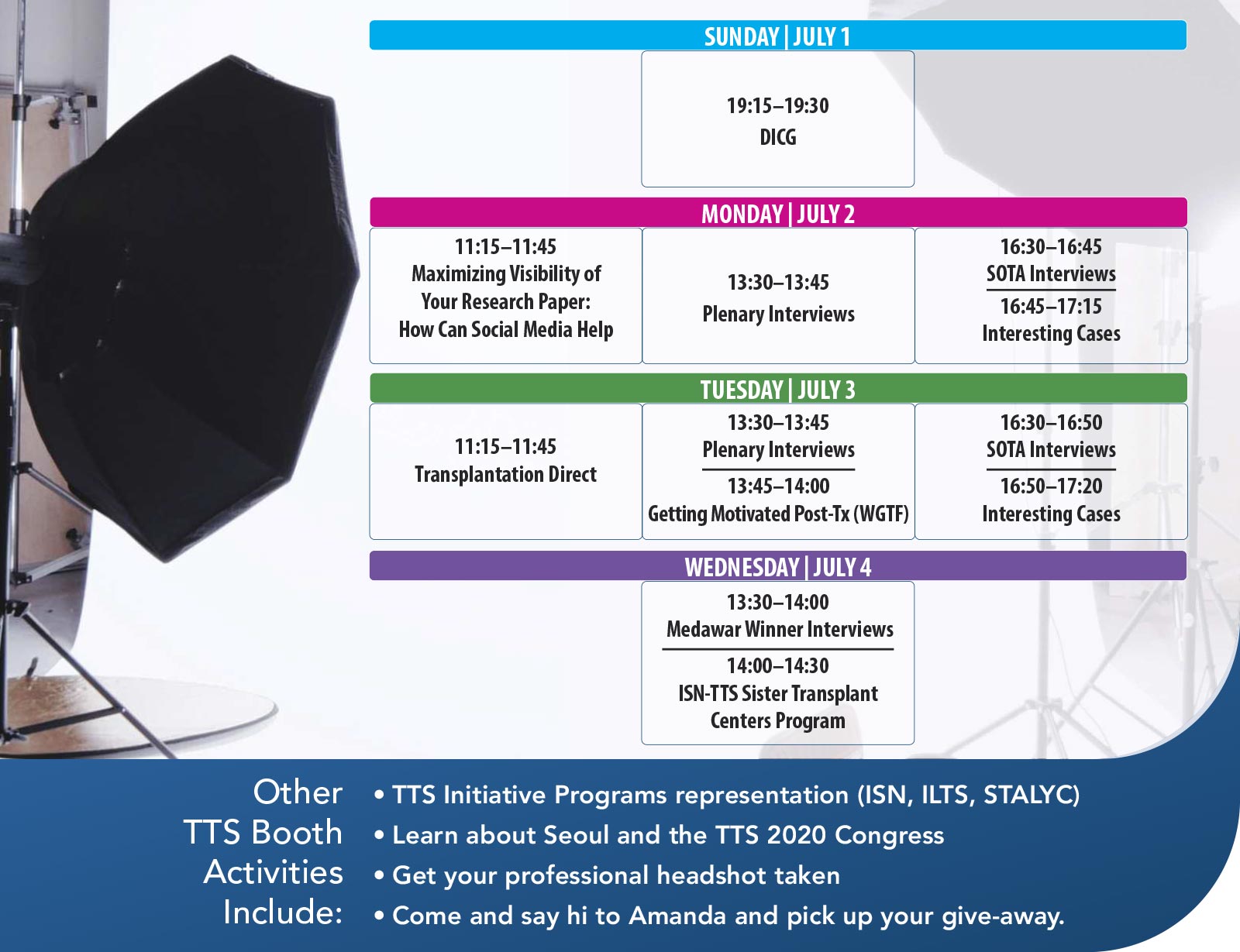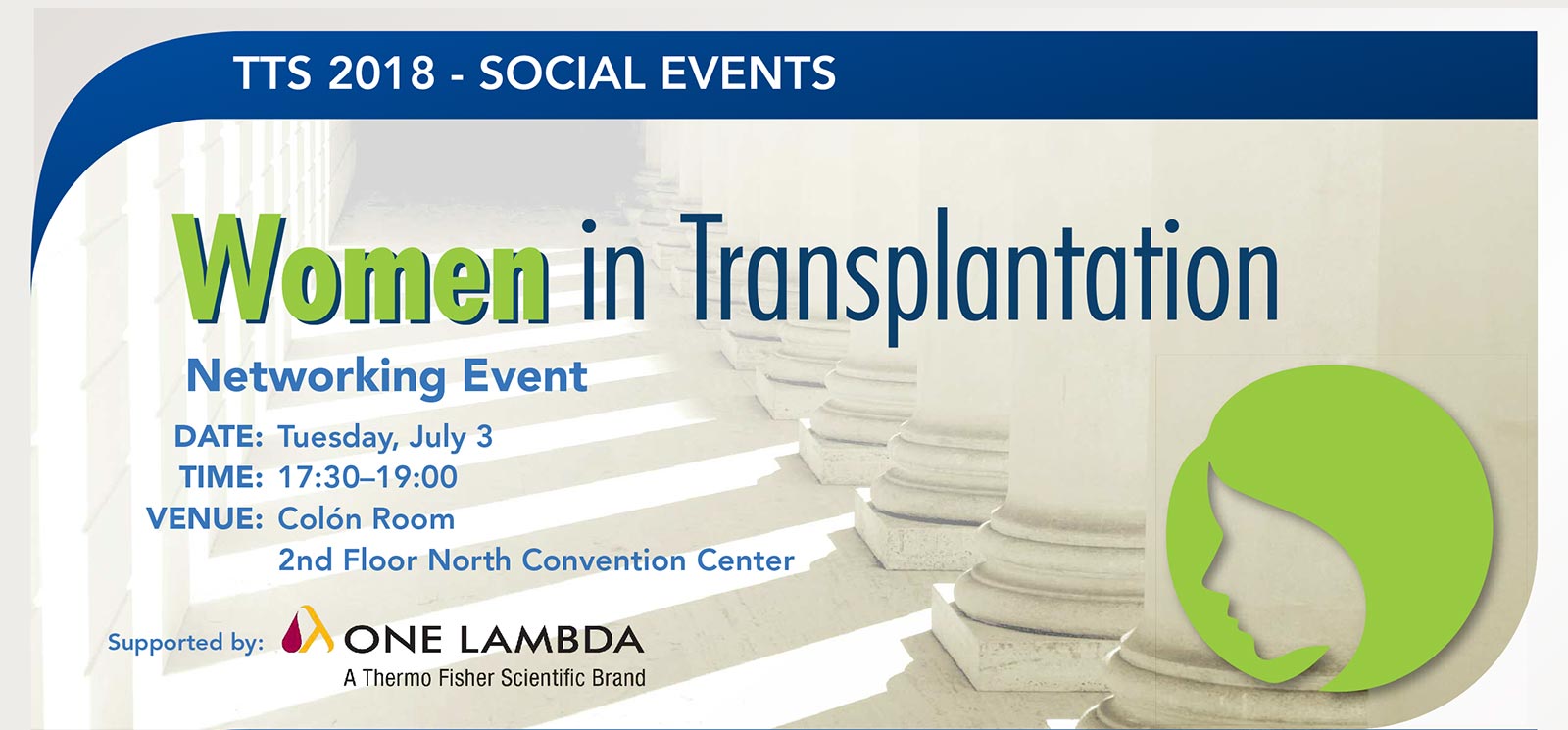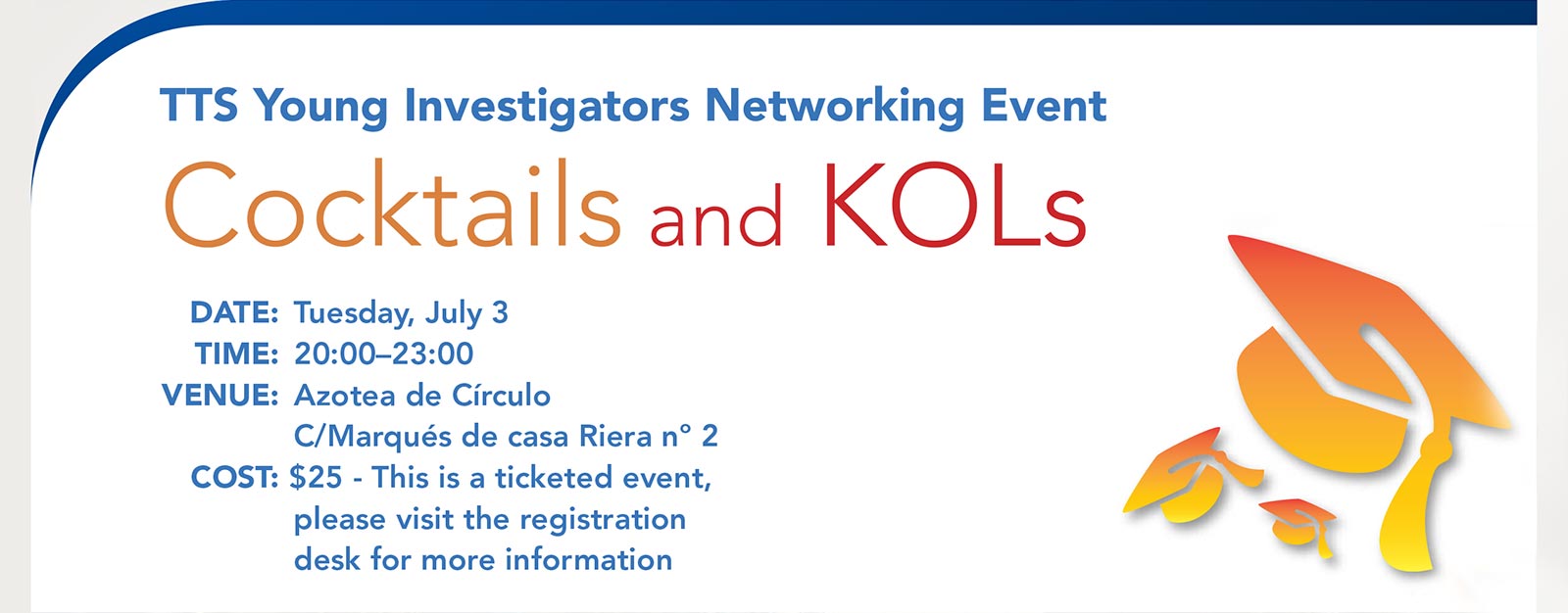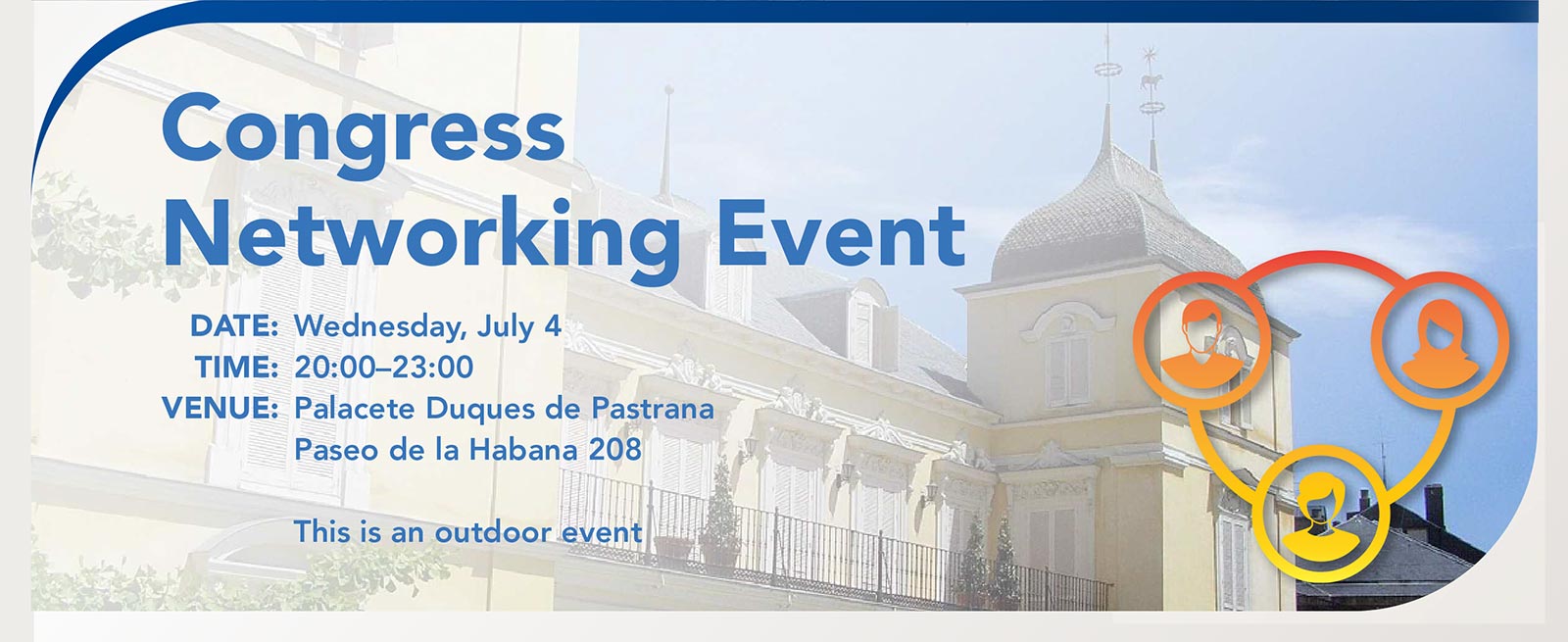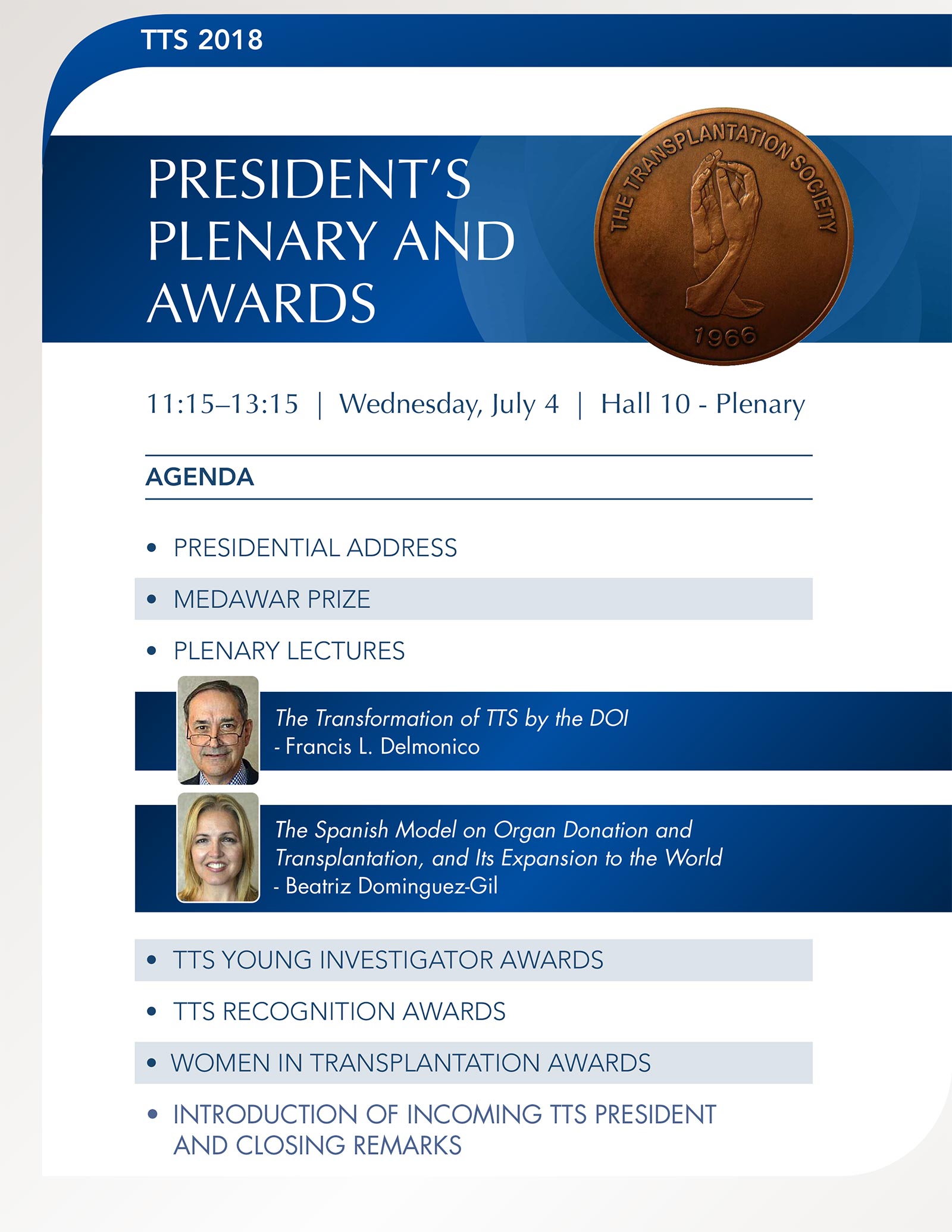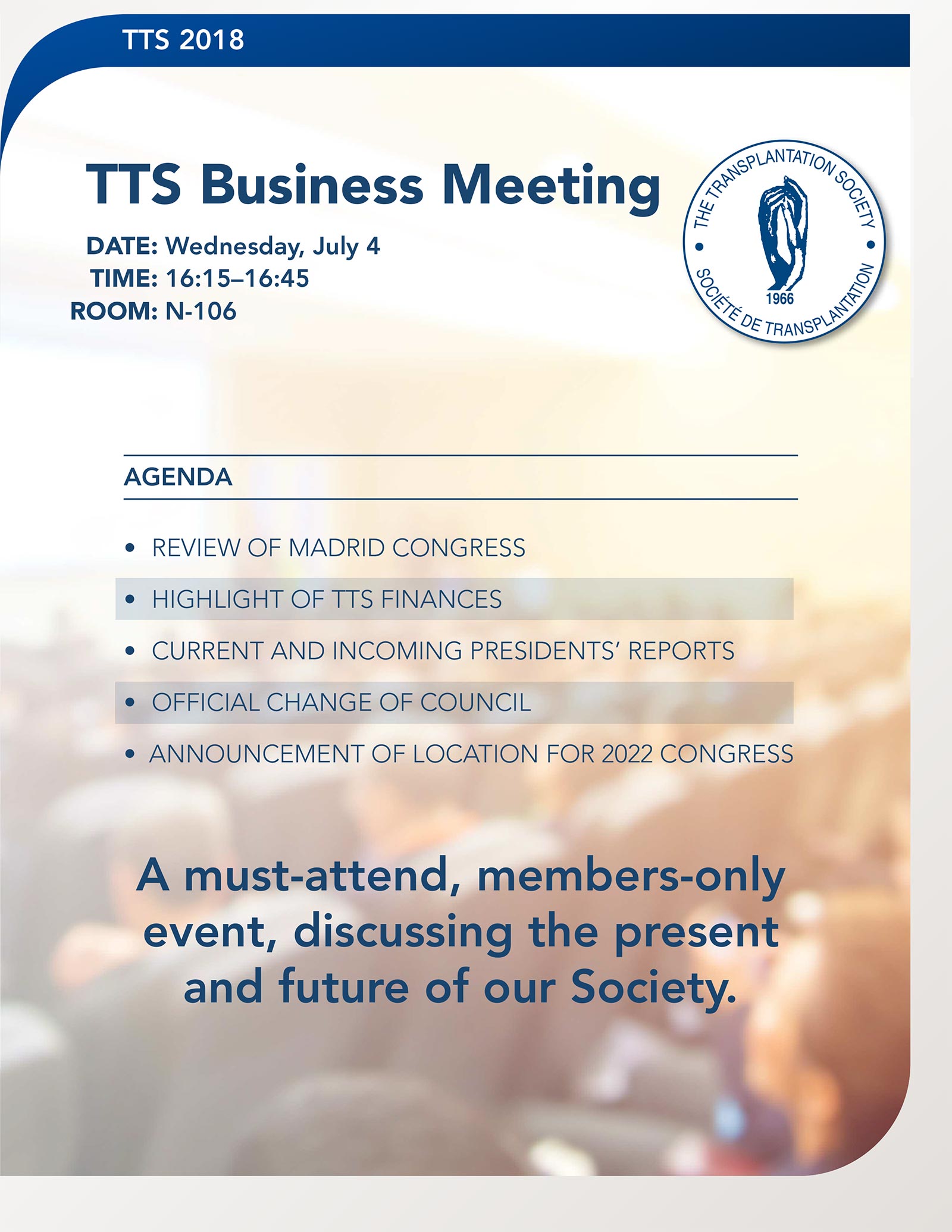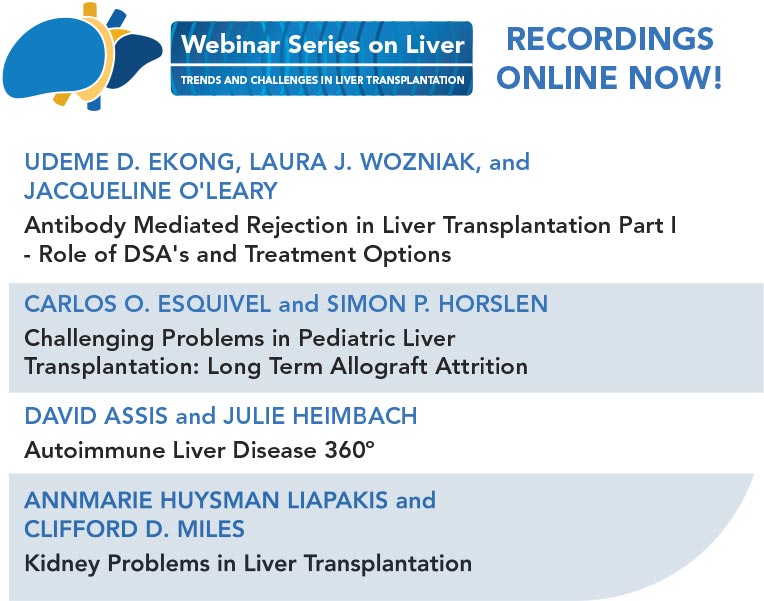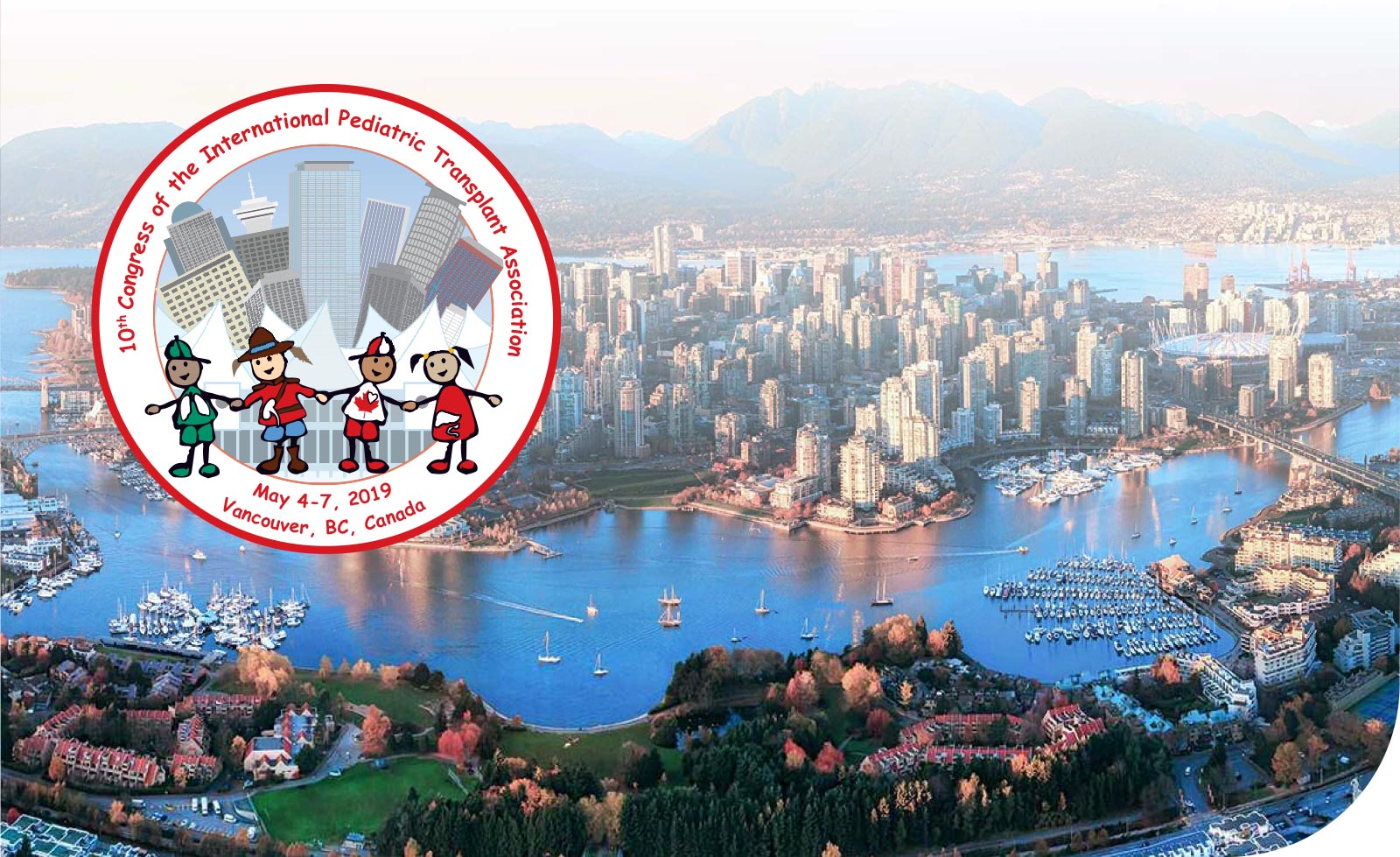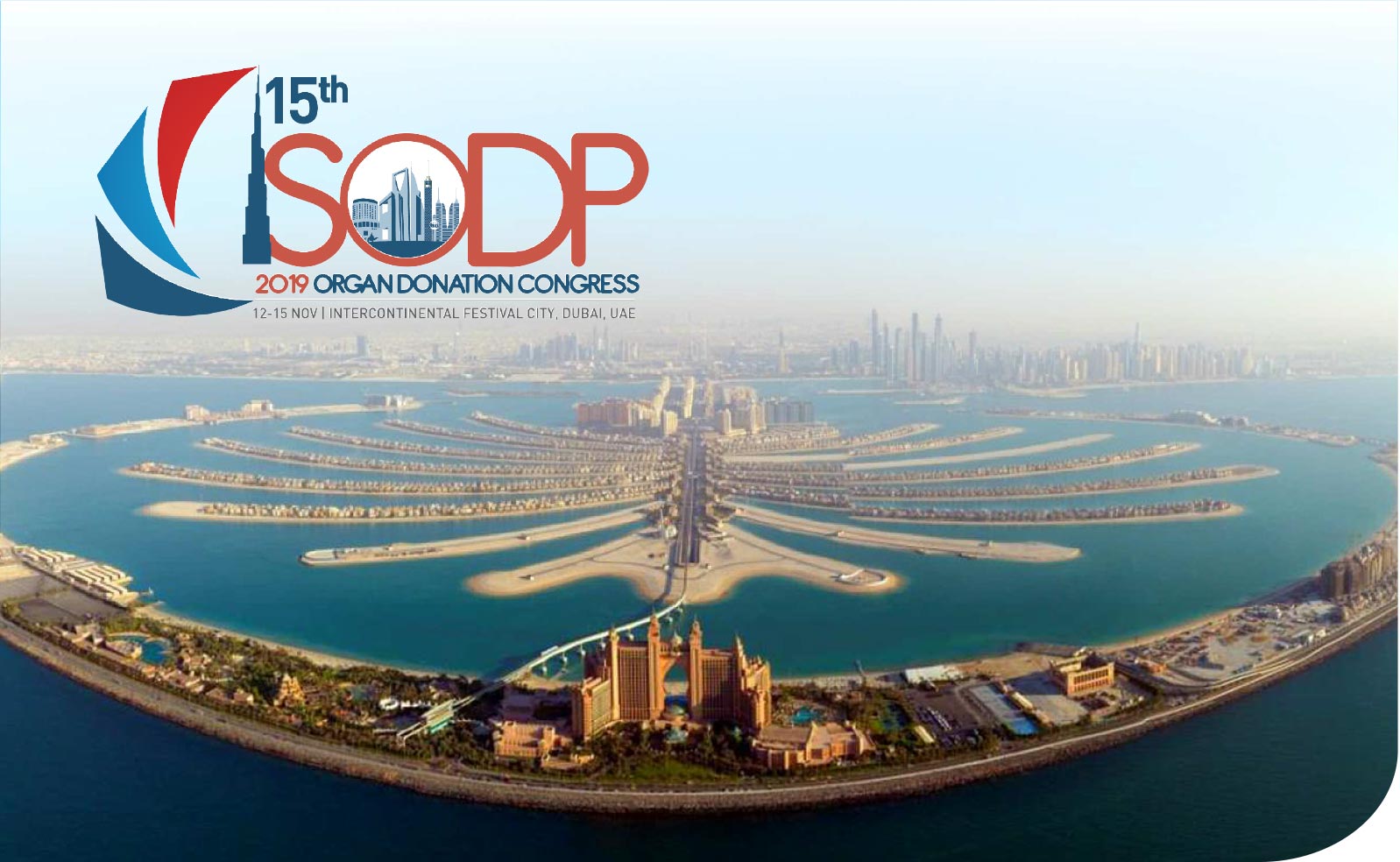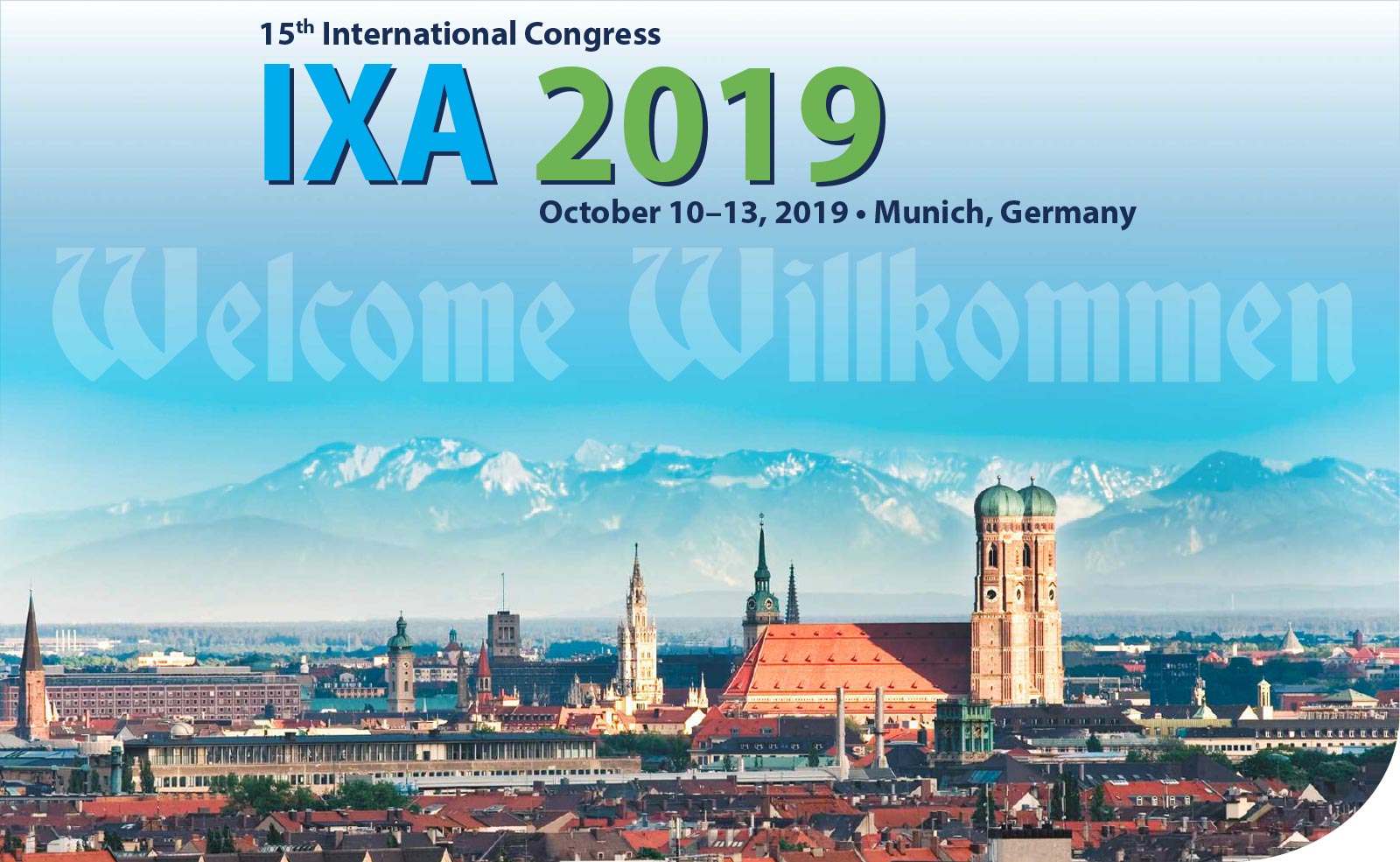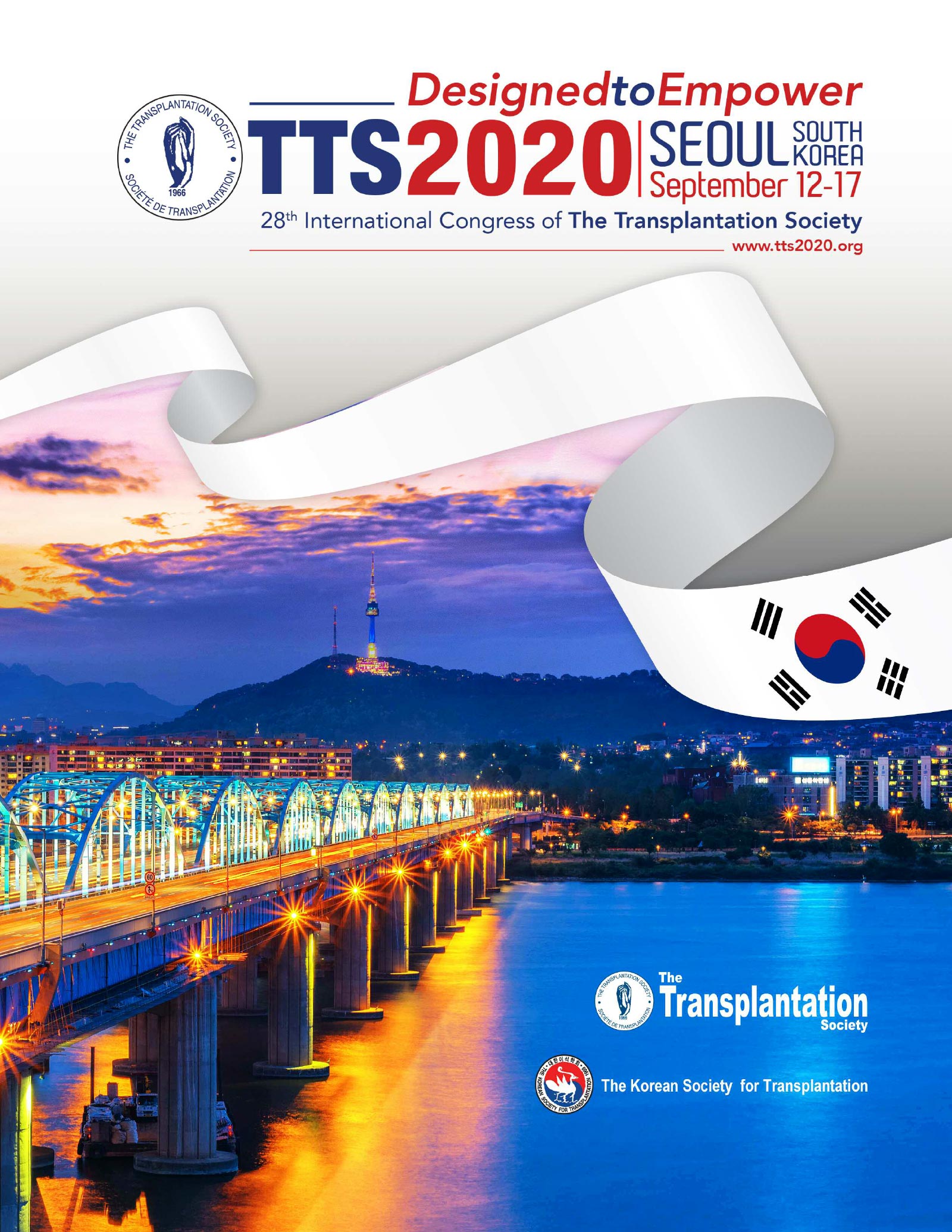Newsletter 2018 Volume 15 - Issue 2

I am delighted to report the participation of The Transplantation Society to successfully integrate the crime of organ trafficking into the agenda of the United Nations Sustainable Development Goals. I represented TTS at an “Ethics in Action” conference at the Pontifical Academy of Sciences along with representatives from the WHO (Nunez), Pontifical Academy (Delmonico), and experts in the areas of human trafficking, child labor, slavery and prostitution. The meeting led by senior UN advisor Jeff Sachs (University Professor and Director of the Earth Institute at Columbia) and Monsignor Marcelo Sanchez Sorondo (Chancellor of the Pontifical Academy of Science) brought together a global group to ultimately inform the United Nations General Assembly. The “Ethics in Action” final statement included organ trafficking as a dimension of human slavery equally important to the United Nations as forced labor and prostitution.
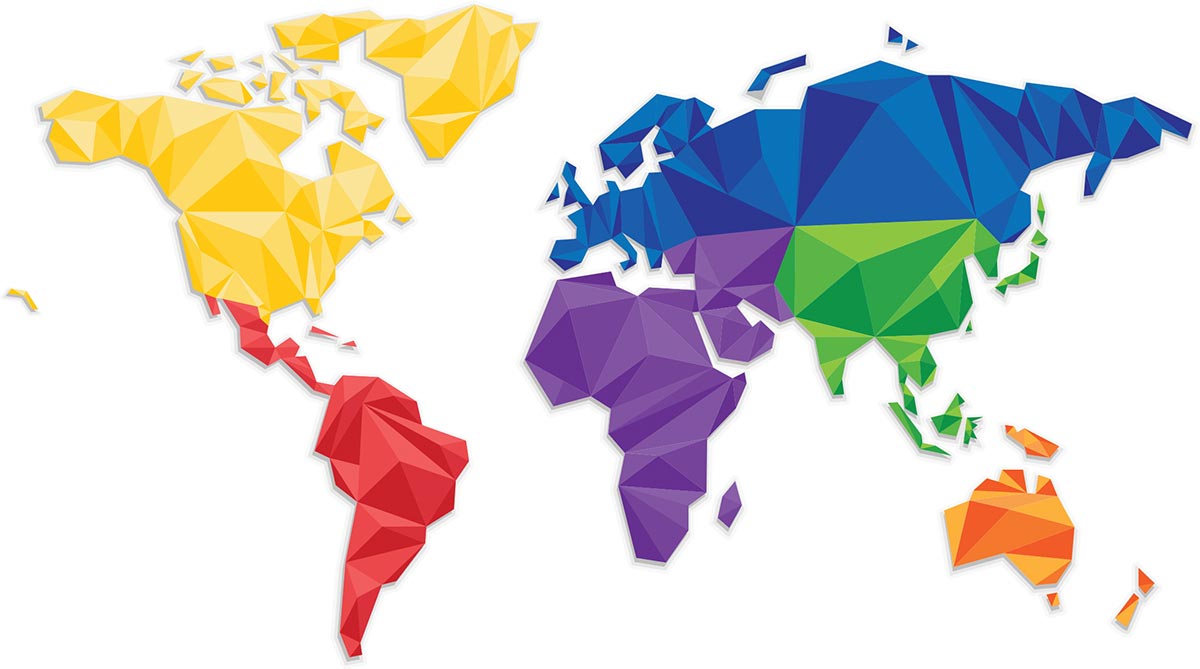
I also have the honor of representing The Transplantation Society to meetings planned with the governments and Ministries of Health in Costa Rica, Mexico, and the Philippines because these are locations of a current concern for organ trafficking, expressed by our professional colleagues in these countries. Along with colleagues from the PAS and the national transplant community, we have been invited by local colleagues to meet with respective health authorities to articulate issues of national self-sufficiency with reference to WHO Guiding Principles and the Declaration of Istanbul.
I am nearing the closure of my term as TTS President. Although I am sorry to see my term end, I am confident in the future of TTS. Our organization has vibrant participation from members around the globe. Your incoming President, Prof. Mehmet Haberal has been a long-term TTS member, a strong leader, and a transplant pioneer in Turkey and the Middle East. He has been central to the organization of transplant efforts in the Turkic countries as well. Prof. Haberal will assume his duties as President at our business meeting in Madrid.
Our elections are completed and I am delighted to announce that you have selected Marcelo Cantarovich for President-Elect for the term 2018-2020 (becoming President for 2020-2022). Marcelo has ably led our TTS Education Committee for the last 5 years. While hailing from Montreal, he has strong ties to our Latin American colleagues.
The Transplantation Society is happy to announce the selection of Buenos Aires as the site for the 2022 TTS Congress. The recommendation from the Selection Committee and the decision by Council was based on several factors including the results of the membership poll. In the end, it was a difficult decision as all three sites – Buenos Aires, Istanbul and Montreal – advanced wonderful proposals. The 2022 meeting in Buenos Aires represents an important milestone as the first TTS meeting to be held in Latin America.
Finally, my heartfelt thanks to Officers, Councilors and staff of TTS for all the support you have given me for the past two years as President. But I would also like to thank all members who have given so freely of their time to further the mission of our Society, and the care for our patients.
Nancy Ascher
President
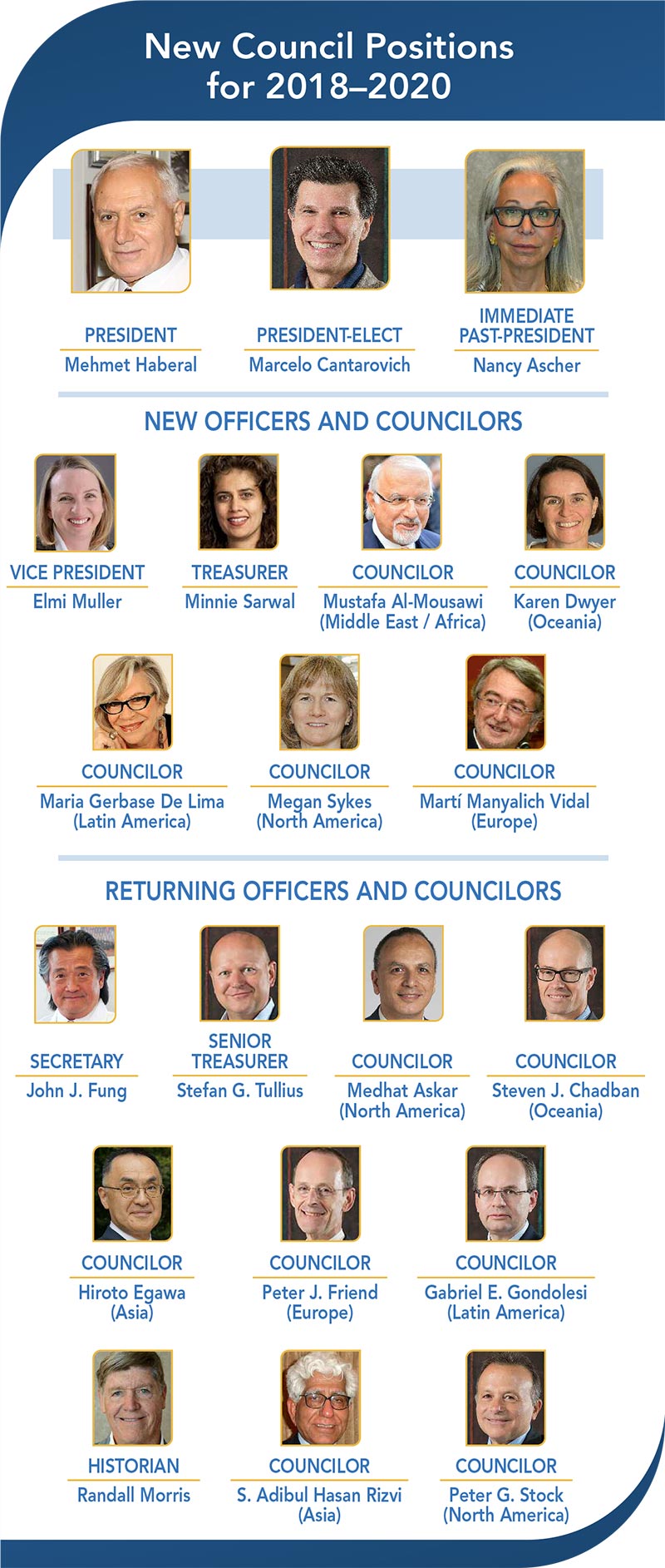
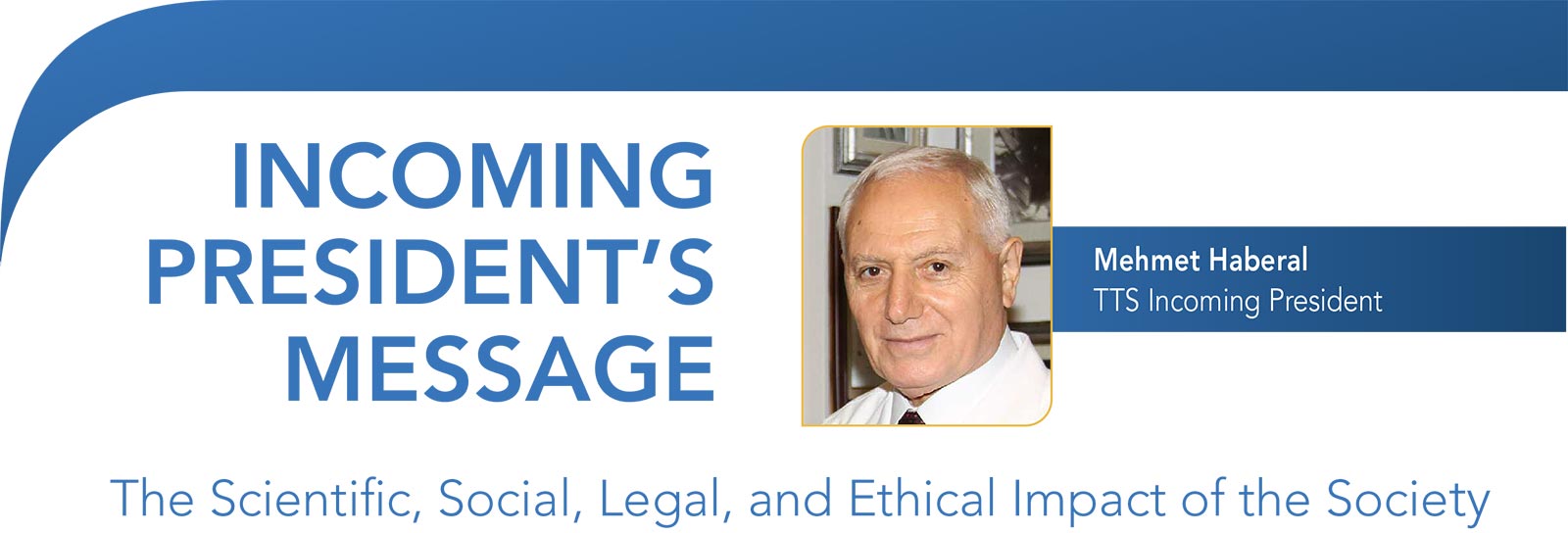
I am both honored and excited to have the opportunity to serve as President of The Transplantation Society for the 2018-2020 term.
TTS is the only global transplantation society that encompasses all of the disciplines in the field of transplantation and has grown exponentially since its establishment just over 50 years ago. Today, the society has 6500 members from more than 100 countries. Currently, there are eight separate official sections to meet the varying needs and areas of expertise of its members, and 34 affiliated national and regional societies are gathered under the umbrella of TTS.
Since its inception, TTS has driven global action in the development of the science and clinical practice, scientific communication, continuing education, guidance on ethical issues and legal practice. While the focus and activities of our members’ work may vary within their respective fields, extending the reach of our efforts has never been more important. The changing needs of patients and professionals alike necessarily impact social, medical, ethical, and legislative structures.
We cannot ignore that there continue to be striking disparities in transplantation throughout various areas of the world. However, TTS continues to take the lead in establishing best practice in institutions throughout the world. The ISN-TTS Sister Transplant Centers Program and the newly created TTS-ILTS Paired Transplant Centers Program are prime examples of the difference that such initiatives can make in the creation and development of kidney and livertransplant programs in low- and middle-income countries. In the coming years we shall persist in this vein, with the ultimate purpose of establishing transplantation in every country with comparable standards of care for the patients.
In so doing, we will continue to support the activities of the Declaration of Istanbul, which is celebrating its 10th Anniversary in 2018. The important changes in legislation and practice that have taken effect in various countries – and most notably in China – are a testament to how fundamentally it has addressed the needs and concerns of the international transplant community. I would like to take this opportunity to thank all our colleagues who have worked tirelessly to this end. Our aim as the transplant community should now be to work towards a system of meeting the organ demand entirely with deceased donation. This will not only result in the reduction of unethical transplantation activities, it will also make an enormous difference to those patients awaiting transplants in which living organ donors are not an option.
TTS will continue to play a major role in tackling ongoing educational, legal, regulatory, ethical and public health challenges, in collaboration with the World Health Organization, the United Nations, the Council of Europe, national governing bodies, as well as national, regional and international societies. Among our primary concerns will be the ethical means of meeting the growing demand for organs through ethical organ donation and procurement, promoting scientific understanding and equality in standards of clinical practice and patient care, transparency in transplantation activities, and of course educational programs to meet the needs of our members. Communication has been particularly effective this past term, with a noticeable increase in electronic communications with the membership, especially with the implementation of the weekly electronic bulletin, Tribune Pulse. In addition, the Transplantation and Tranplantation Direct journals have also been flourishing, with an improved impact factor and rising quality of published papers.
We have an exciting term ahead of us. We will begin planning the 28th TTS Congress in Seoul in 2020. Building on the strong work done by my predecessors, our leadership team will also be reviewing the strategic plan of the society and will work towards advancing the priorities it sets out. By firmly establishing our vision and mission, we will better be able to determine and realize the impact we wish to make scientifically, socially, legally, and ethically. We will be taking important strides to ensure that equal attention is given to the 6 regions that are represented within TTS, thereby ensuring that members from all regions are given equal chance to access TTS activities and educational opportunities.
Our membership will play an important role in this process and we look forward to receiving your thoughts and suggestions.
Mehmet Haberal
Incoming President
Mehmet Haberal MD, FACS (Hon), FICS (Hon), FASA (Hon) is a pioneer in the fields of transplantation and burn treatment since 1975. After training with Thomas Starzl in Denver, he returned to Turkey and performed the first successful kidney and liver transplants in the country. In addition to several burn societies, he is Founder and Immediate Past President of the Middle East Society for Organ Transplantation, and Founder and President of the Turkish Transplantation Society, the Turkic World Transplantation Society, and the International Haberal Transplantation and Education Foundation. He served as President of the International Society for Burn Injuries (2006-2008), and as TTS Councilor for the Middle East and Africa (2004-2008). He received the TTS Millennium Medal in 2000. He is currently Governor and Turkey Representative of the ACS. He is Founder and Founder President as well as President of the Executive Supreme Board of Baskent University, which has established 10 hospitals/outpatient clinics and more than 20 dialysis centers throughout the country.
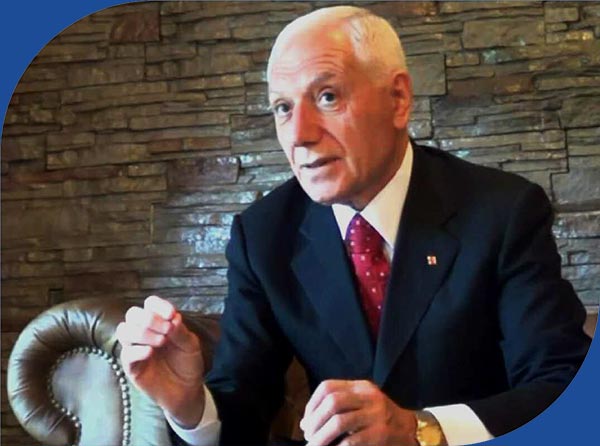
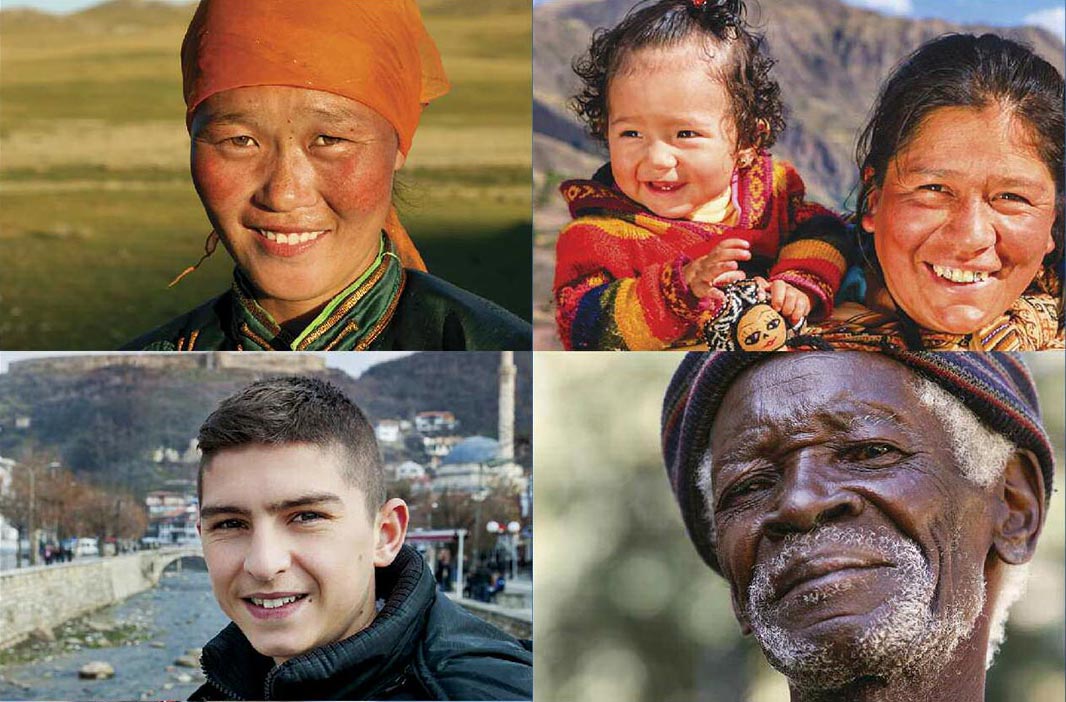

The Declaration of Istanbul Custodian Group (DICG) is celebrating the 10th Anniversary of The Declaration of Istanbul this year. To mark this special event a working group has prepared an update of the Declaration. The revisions made in this 2018 Edition are intended to ensure that the Declaration of Istanbul remains a valuable source of ethical guidance for health professionals and policy makers for the next decade in the face of persisting and emerging challenges in organ trafficking and transplant tourism around the world. During March and April we conducted a global public consultation and asked for feedback on the draft 2018 Edition. We’ve received comprehensive feedback from our DICG members, members of organisations that have endorsed the Declaration of Istanbul, and members of the broader transplant community.
As part of the celebrations, the DICG is holding a one day workshop during of the Pre-Congress program at the International Congress of The Transplantation Society. The workshop takes place on July 1, comprised of a half-day morning program addressing common ethical and clinical dilemmas in the management of organ donation and transplantation cases that may involve organ trafficking; and, a half-day afternoon program exploring the Declaration of Istanbul (2018 Edition) and the results of the public consultation. The event features several DICG members as speakers, and we hope to see many more transplant professionals among the workshop participants.
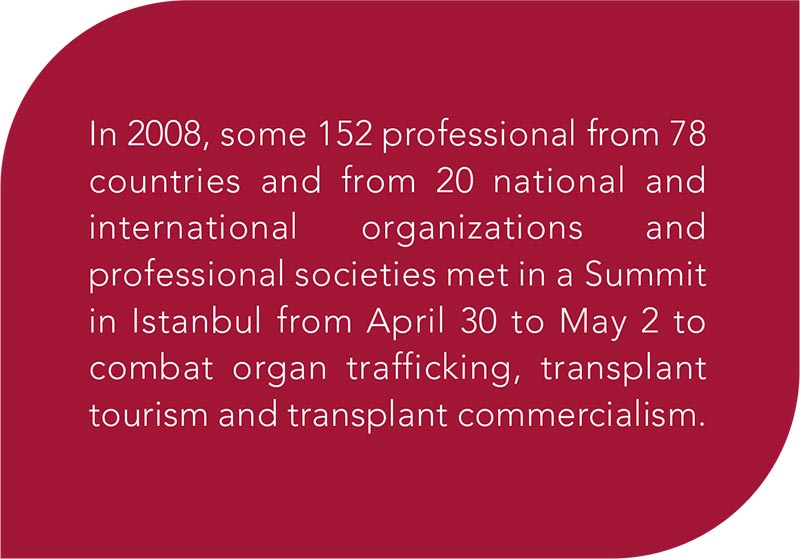
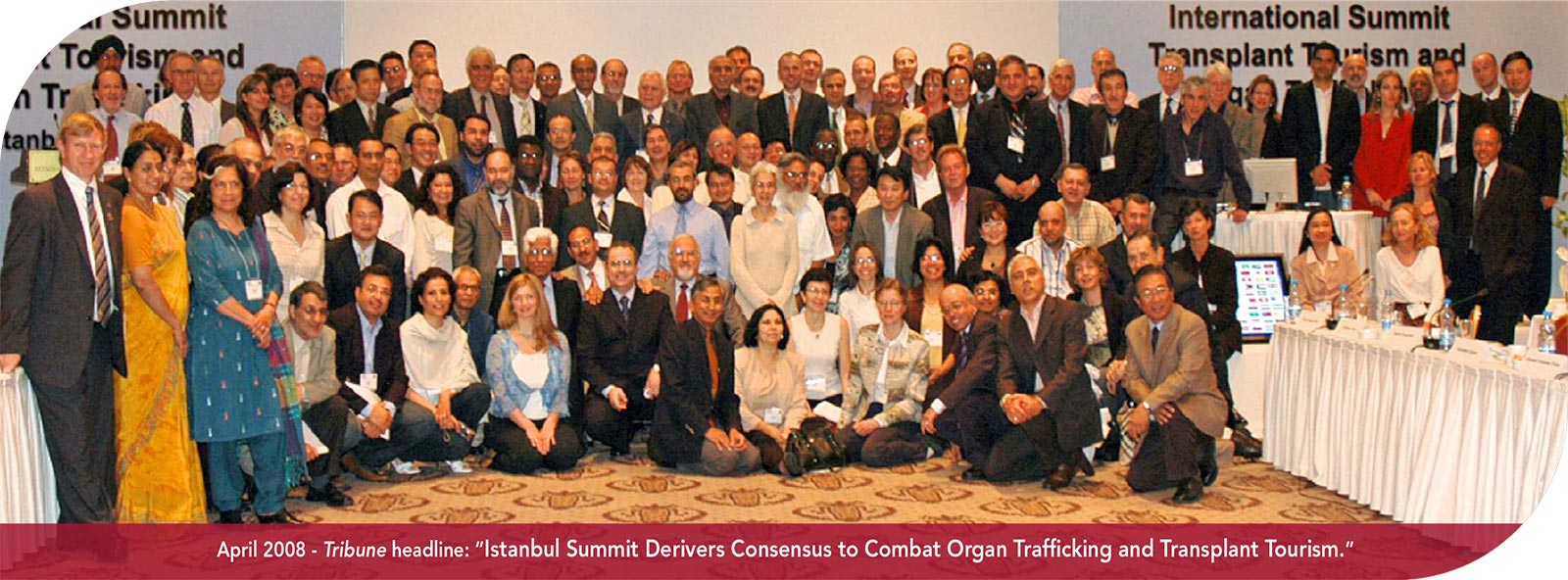
About the Studio:
The TTS Innovation Studio will offer a new unique experience for Congress attendees. Nestled in the TTS Booth, this intimate setting will feature a wide range of interesting activities and focal points, including interviews with Plenary and SOTA speakers, and award recipients; sessions on Interesting Cases, Physician Wellnesss, and more!
The sessions were designed to be interactive, so get there early and save your seat!
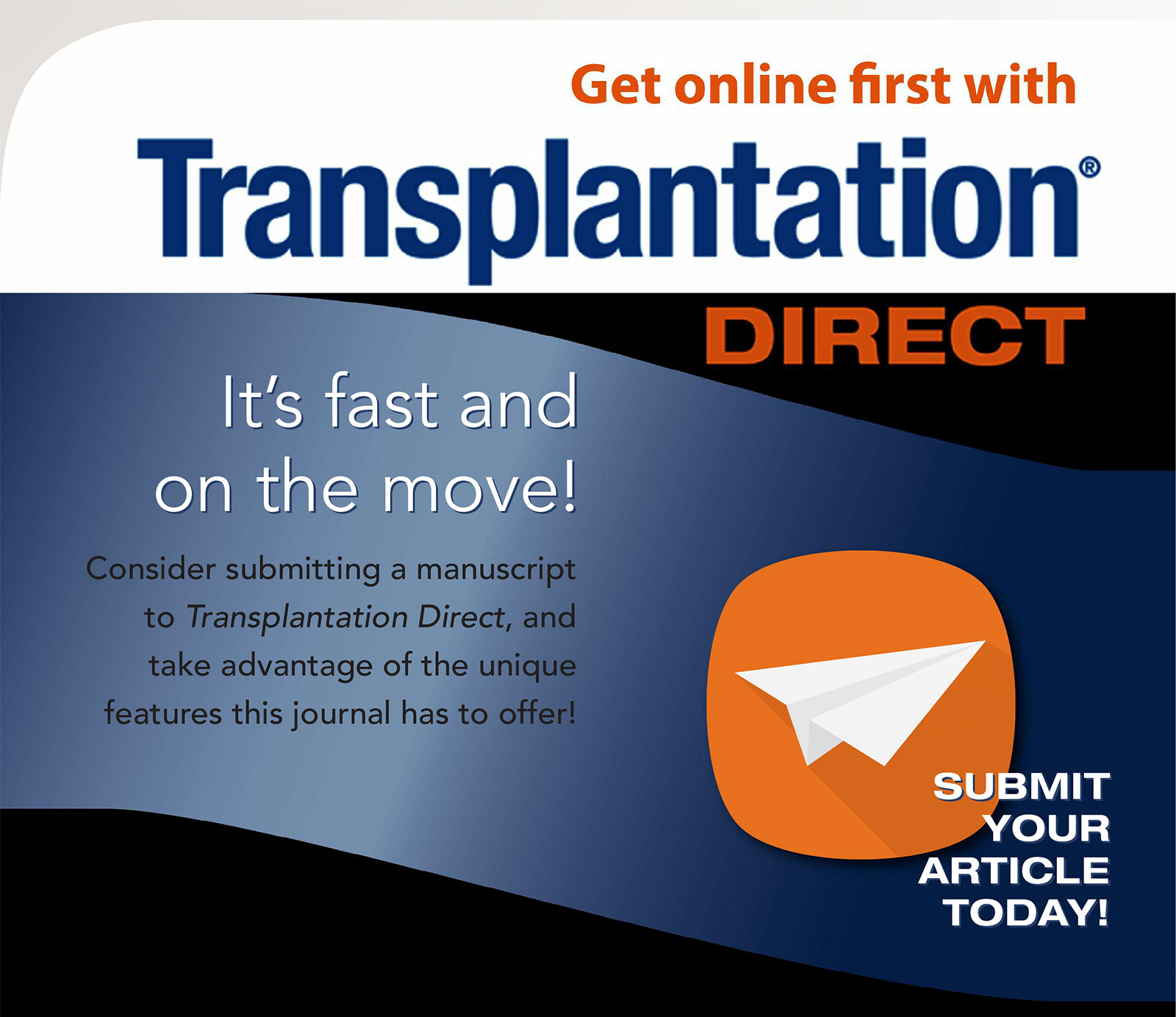
Transplantation Direct is an early success story that promises to fill a niche in the transplantation publication arena. Its close affiliation with The Transplantation Society and the most cited transplantation journal, Transplantation, contributes to its reliability and credibility. Indeed, our internationally known Editorial Board has worked very hard to establish the fundamentals necessary for building a respectable new journal in a competitive field. Importantly, Transplantation Direct offers an efficient review process, averaging a first decision in just over 2 weeks after submission (16.4 days). Manuscripts undergo a thorough selection process before being sent for review in Transplantation Direct, ensuring an uncompromised level of quality. Recognition of this quality is steadily bringing more submissions each year, with global submissions from 19 countries in 2017, resulting in an upward trend in the number of published articles (averaging 8 per month in 2017). Staying with the times to maximize article exposure, the journal’s Twitter @TXPDirect has a growing presence.
Besides standard article types, Transplantation Direct also offers other article formats for new methodologies and registry/society meeting reports, as well as encouraging brief, preliminary reports of especially interesting early experimental or clinical results; the latter article type, together with the fast review and publication time, allows rapid reporting of important early results with the addition of completely open access availability. Steady development over the 3 years since its launch brought an early positive assessment from indexing authorities in August 2016, resulting in all articles available and fully searchable on PubMed Central (indexed on PubMed). Transplantation Direct is also indexed in the Directory of Open Access Journals, which is your assurance that the journal has been deemed a legitimate open access journal.

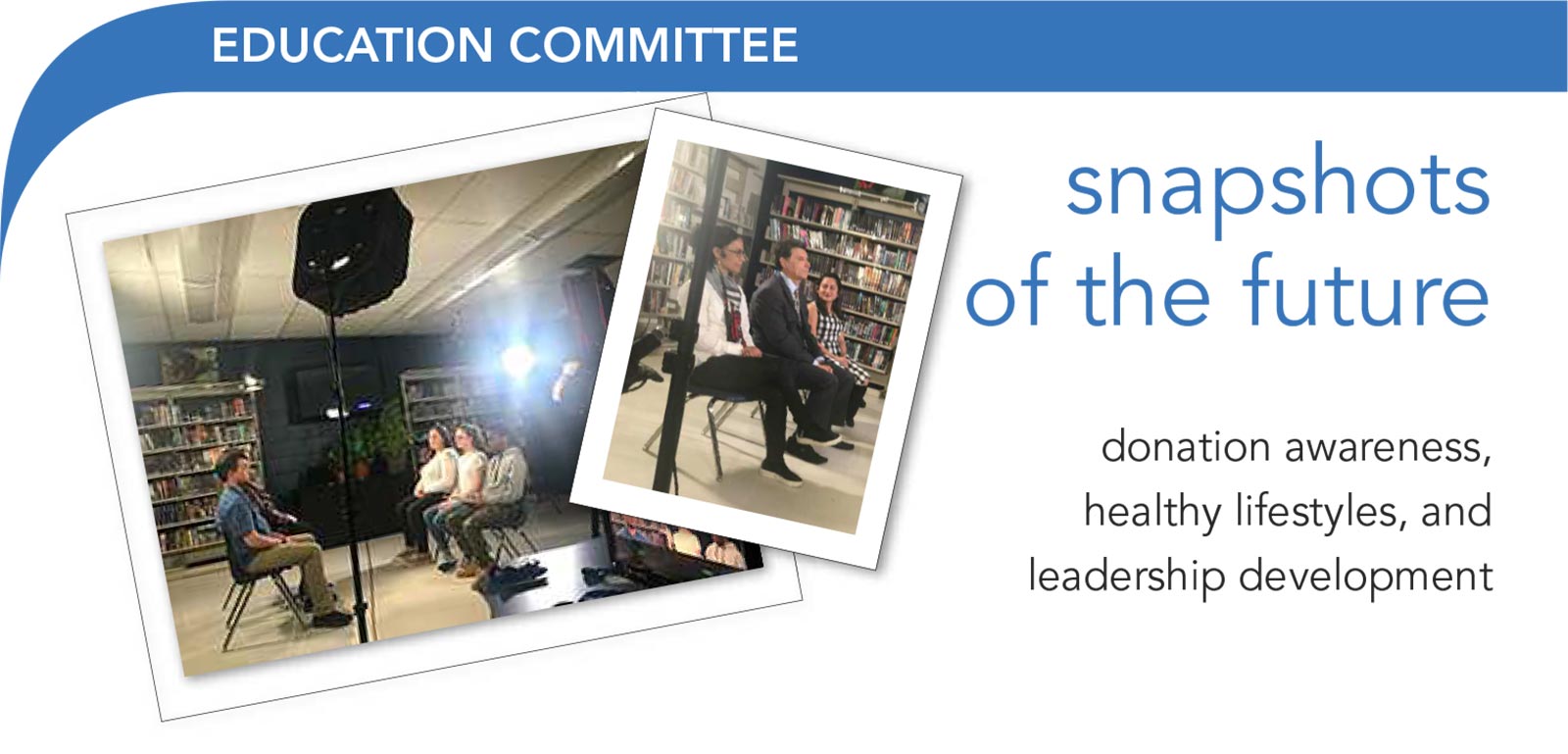
The Education Committee (EC) is made up of multiple working groups which are continuously developing content and activities.
In April, the EC brought together transplant recipients, transplant medical professionals, kidney donors, donor families and students from a Montreal area high school for a video recorded session. The Students, supervised by a teacher (who is also a kidney transplant recipient) prepared questions to address to the panel of participants. The students conducted interviews which will be used in the educational online teaching module about awareness on organ donation and ransom station for school children. This is a joint project with the collaboration of the Canadian Society of Transplantation, the Dutch Transplant Foundation and TTS. The module has been translated from the one produced by the Dutch Transplant Foundation. Snapshots of the interviews are being shown during the congress.
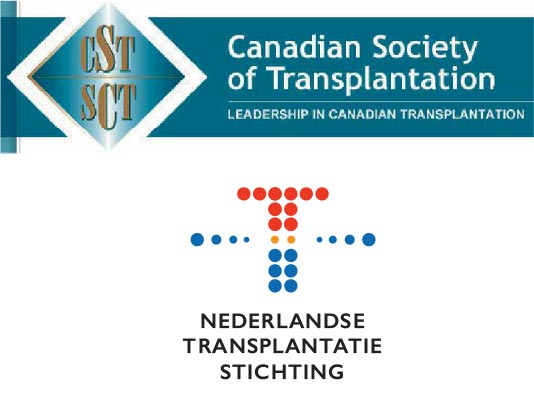
The EC in collaboration with World Transplant Games Federation (WTGF) is working on the preparation of a healthy lifestyle module. This module is designed for transplant recipients. The goal is to provide transplant recipients with tools to increase the physical activity and help with issues related to mental health and diet.
The TTS Leadership Series is wrapping up. The EC is hosting a Lunch & Learn session at TTS 2018 on July 2nd which will discuss the leadership series and highlight a couple projects from the leadership series participants.
In the Fall, the Education Committee, spearheaded by Dr. Valeria Mas, will launch a Webinar Series on Translational Medicine. Stay tuned to hear more about this new and exciting series.

The TTS Congress is here and we are excited to see a truly action-packed transplantation science programme. The Congress is preceded by a number of excellent meetings during the weekend, and we would like to highlight the Post-Graduate Course as well as the Global Transplant Laboratory meetings as providing excellent broad overviews of current science. The Post-Graduate Course comprises both clinical and basic science, with participants free to jump in between sessions. There is a world-class line-up of speakers, with the opportunity to discuss and network with clinicians and scientists who are experts in their fields. We would recommend this for attendees at any level – for some it will provide an introduction and for others, an update! The Global Transplant Laboratory meeting is a valuable update for those running studies in transplantation that rely heavily on immune monitoring and laboratory techniques.
The Transplantation Science Committee is proud to be sponsoring and co-organising the ESOT Basic Science Meeting in Rotterdam, from 11th-13th October 2018. The meeting will provide a highly focused, intensive look at cutting edge science in transplantation, from ex vivo repair and conditioning to the increasingly recognised role of innate immunity in transplant rejection.
Finally, we would urge you to look at the TTS Programme where you will see lots of fantastic transplantation science sessions. If you are a trainee member of the TTS, then please look out for the offerings from the Young Members Committee who will be organising orientation sessions at the Congress to help you decide which sessions to attend. The YMC will also be hosting their networking evening which is always a hit and an excellent way to meet new friends and future colleagues!
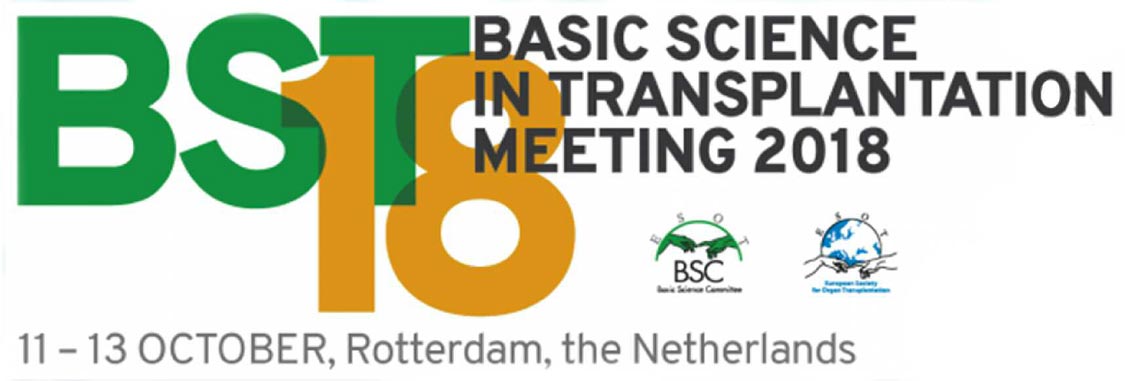

The Young Members Committee (YMC) continues to grow with international representation at the trainee and junior faculty levels. Our mission focuses on promoting career development opportunities for our youngest members. This past year has been extremely productive as we have developed a consistent presence in the Tribune Pulse with a quarterly article focused on young member related topics, as well as, spearheading TTS sponsored webinars. The YMC has also connected individuals and institutions. The latest example is the sharing of information and development of critical transplant programs both at the University of Alabama at Birmingham and the University of Cape Town (see recent Pulse article featuring YMC members Dr. Locke and Professor Muller).
We have also been working hard to help make the upcoming 27th Congress of The Transplantation Society in Madrid, Spain, the best yet for young members. The YMC has developed several program proposals focused on career development both at the trainee and junior faculty levels. We will also be hosting another networking event, as the launch of our first ever networking event met with great success in Hong Kong at the 2016 congress. The event will feature knowledge and opinion leaders in the field and will be the perfect opportunity to identify potential mentors and interact with other outstanding young members of TTS. We hope to see you there!
We are excited to be a part of TTS and to continue to move the mission of TTS forward. The upcoming year will be filled with additional opportunities for young members to engage within TTS as we aim to develop a webinar series on career development for 2018-2019. Stay tuned for more great things coming from the YMC of the TTS.
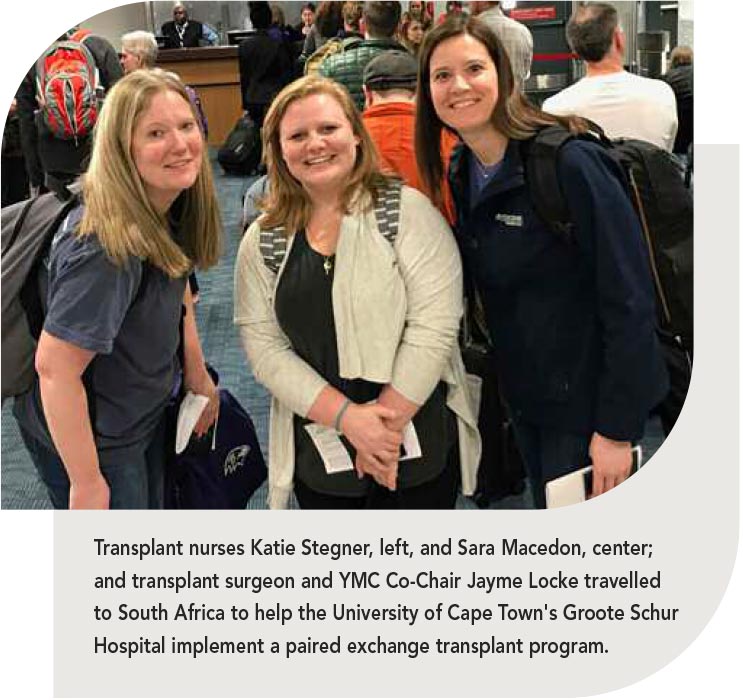
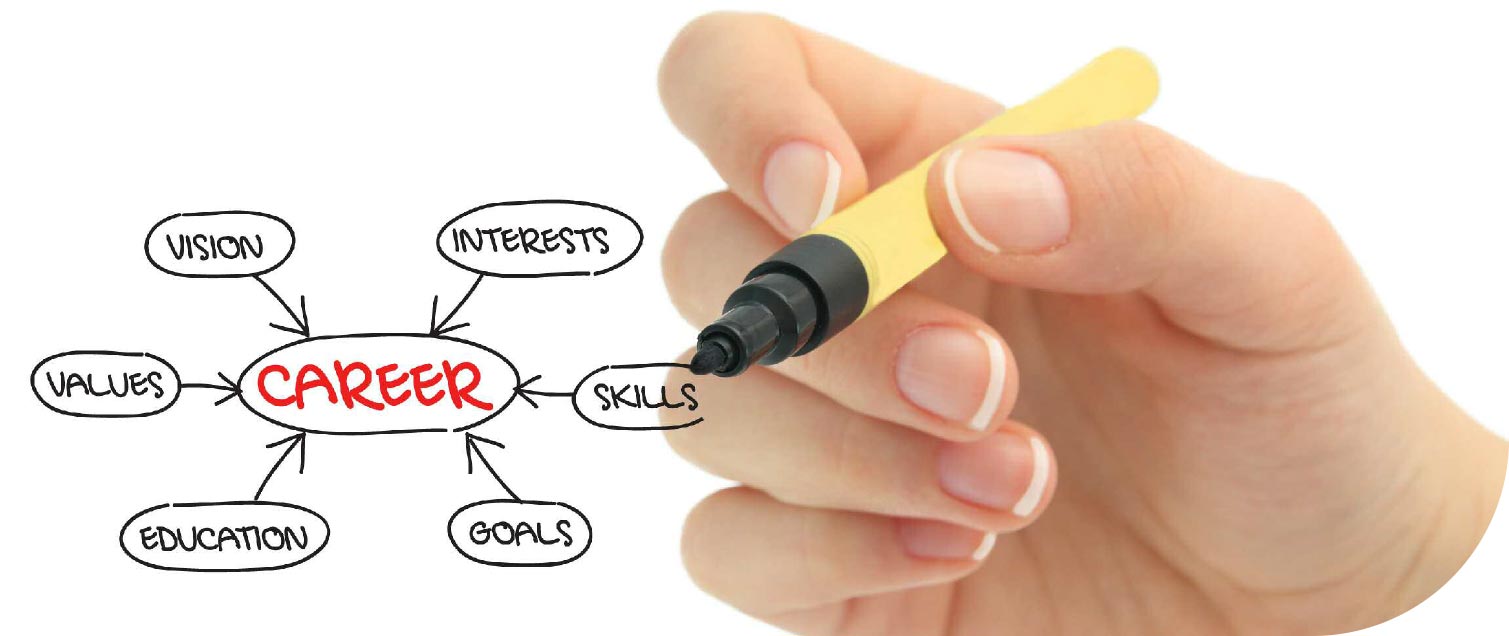

The Ethics Committee published its first statement of ethical considerations related to live kidney donation, based on a forum held in Amsterdam in 2004. In 2006, a subsequent forum was held in Vancouver to review the ethical considerations involved in the expanded areas of lung, liver, pancreas and intestine living donor transplantation. The rapid evolution of all areas of transplantation has resulted in even more complex ethical issues in the last decade concerning altruistic donors, multiple organ donors, domino liver transplants, paired exchange, advanced donation programs, and the use of social media. Liz Pomfret (USA) will be leading the Ethics Committee in updating the documents of the Amsterdam and Vancouver forums, as well as reviewing the complex newer issues related to expansion of the living donor pool.
The Ethics Committee will also be reviewing the Global Kidney Exchange (GKE) initiative, which has recently emerged. There has been significant concern that the GKE program should be halted due to ethical considerations. The intent to globally exchange living kidney donors between low/middle income countries (LMIC) and high income countries challenges established ethical principles in organ donation. Multiple organizations, including TTS, the Declaration of Istanbul Custodian Group, the Council of Europe Committee on Organ Transplantation and the Ibero-Latinamerican Council for Organ Donation, have come out in strong opposition to GKE between economically disparate countries. Rudolf Garcia-Gallont (Guatemala) will be leading the Ethics Committee in reviewing the current ethical challenges associated with GKE at the meeting of the committee in Madrid, with the intent of identifying the ethical issues it encompasses, and identifying sounder strategies for facilitating transplant services in the LMIC.
Finally, the ethics committee has planned for two exciting sessions at the TTS 2018 Meeting in Madrid. The State of the Art (SOTA) is scheduled on Monday, July 2, and is entitled Upholding the Ethics of Transplantation: The Global View. This symposium includes talks from transplant leaders in Pakistan, Iran, and China – and will review ethical strategies for increasing transplant rates without compromising ethical standards. The second session is scheduled for Wednesday, July 4, and will address the challenging issues involved with informed consent with living and deceased donors – another area the Ethics Committee will be tackling during the next two years.
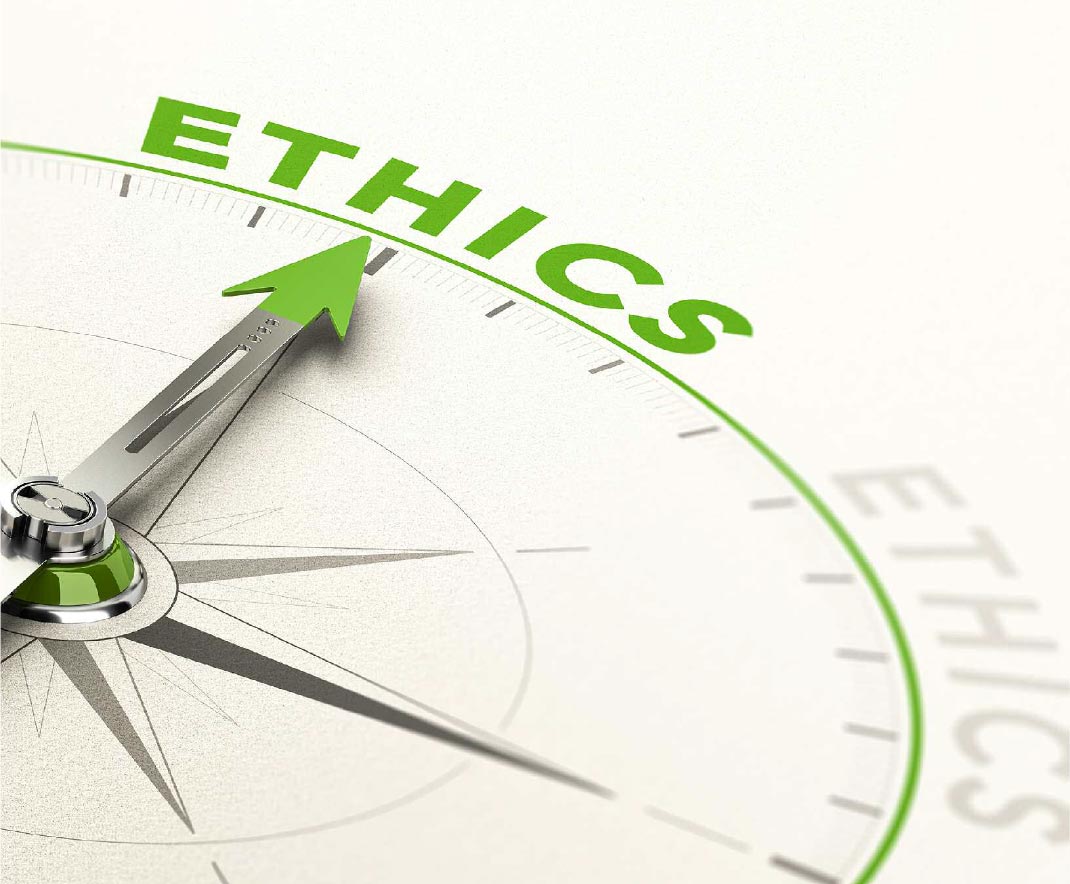

Perioperative care remains the “missing link” in the continuum of care of transplant patients and living donors alike. The newly established TTS Anesthesia and Critical Care Committee is dedicated to fill this gap and provide state of the art updates on perioperative management of transplant recipients and living donors. Preoperative evaluation and intensive care management of transplant recipient is the focus of the first State-of-the-Art Session at the upcoming annual meeting in Madrid. The committee also aims to increase awareness of the importance of deceased donor management and research, facilitate continuous education of health care providers unfamiliar with deceased donor management, and provide best practices for donation after brain death and after cardiac death. The new addition of anesthesia/ critical focused abstract sessions will further help to exchange best practices and experience in the care of our complex patients.
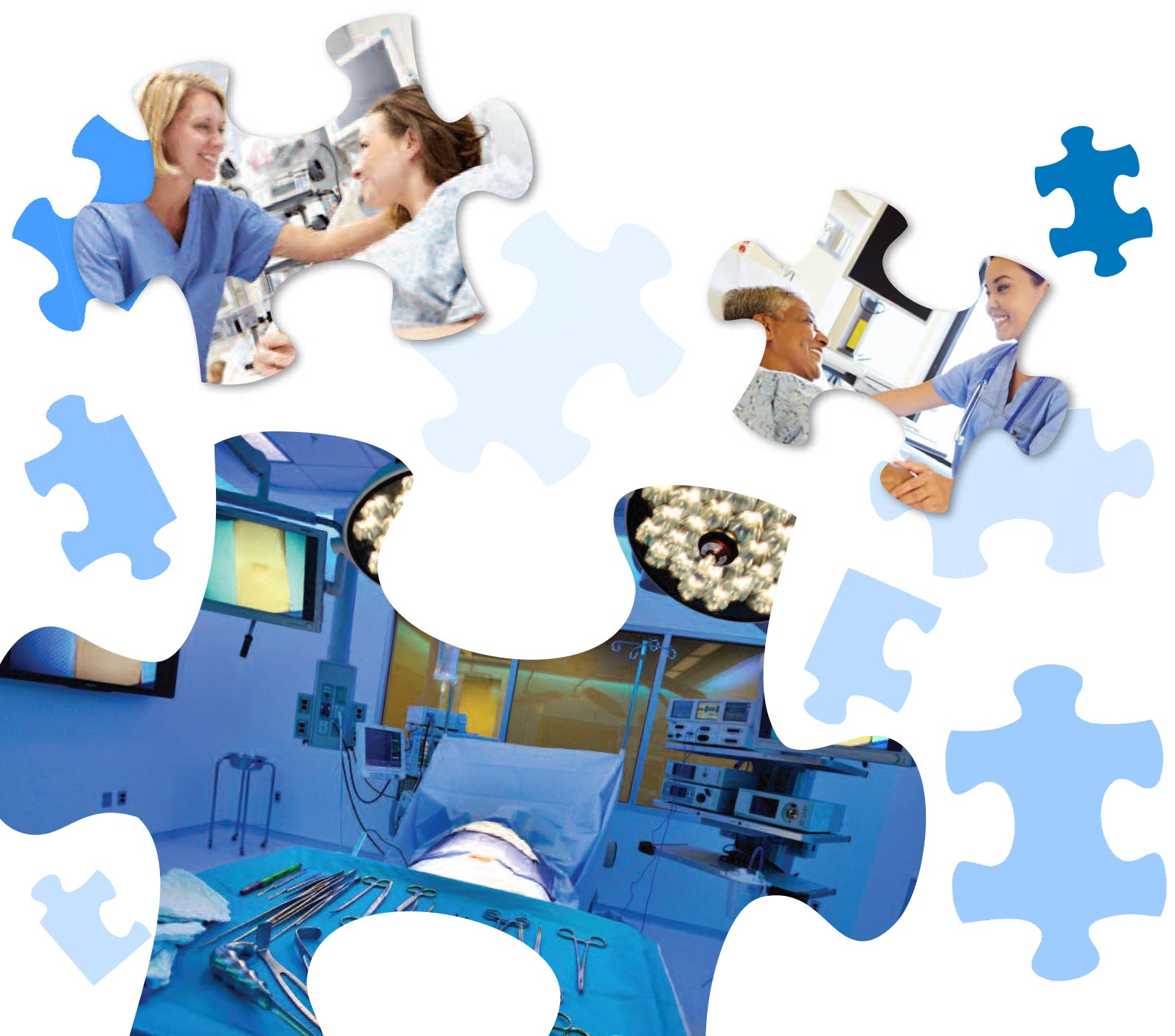

One of the Heart & Lung Committee’s major focus is on delivering a wider membership and increased submission not only to the Transplantation journal but also for the TTS 2020 Congress in Seoul. The number of accepted heart & lung related manuscripts by the journal remains static at just over 30 per annum, a figure that clearly needs increasing. There are currently over 430 TTS members who have indicated one of their specialties as being Heart and Lung. To gain a clearer definition of this interest, we will be creating a questionnaire that will allow the Committee to communicate more efficiently and start an earnest dialogue to promote greater academic, scientific and practical collaborations. This was discussed at a recent meeting of a few of the Committee members during the ISHLT conference in Nice, France. Peter Hopkins (Brisbane, Australia), Tobias Deuse (San Francisco, USA), Sandeep Attawar (Chennai, India), Peter Macdonald and Kumud Dhital (Sydney, Australia) went through the rationale for the formation of the H & L Committee and how it could work in partnership and without conflict with the wider heart and lung transplant community represented by the ISHLT. It was agreed that this should be explored further including the writing of consensus documents with a multi-organ focus; however, we need to start by ratifying clear Terms of Reference which are being drawn up.
The other area of practical collaboration is being highlighted by a planned case-based Heart Transplant Workshop that will be delivered in Ho Chi Minh City, Vietnam by the Heart Transplant team from St Vincent’s Hospital in Sydney. Led by Kumud Dhital, Peter Macdonald and Hon Chee Chew, eight clinicians and nursing staff traveled to Vietnam in June this year and provided a comprehensive educational workshop that stretched from recipient selection all the way through to post-transplant follow-up. It had endorsement and support from TTS, the Transplantation Society of Australia and New Zealand (TSANZ) and the Australian Organ and Tissue Authority; a full report will be submitted to the next Tribune edition. It is hoped that this model can subsequently be taken to other regions and tailored for other organs as appropriate.
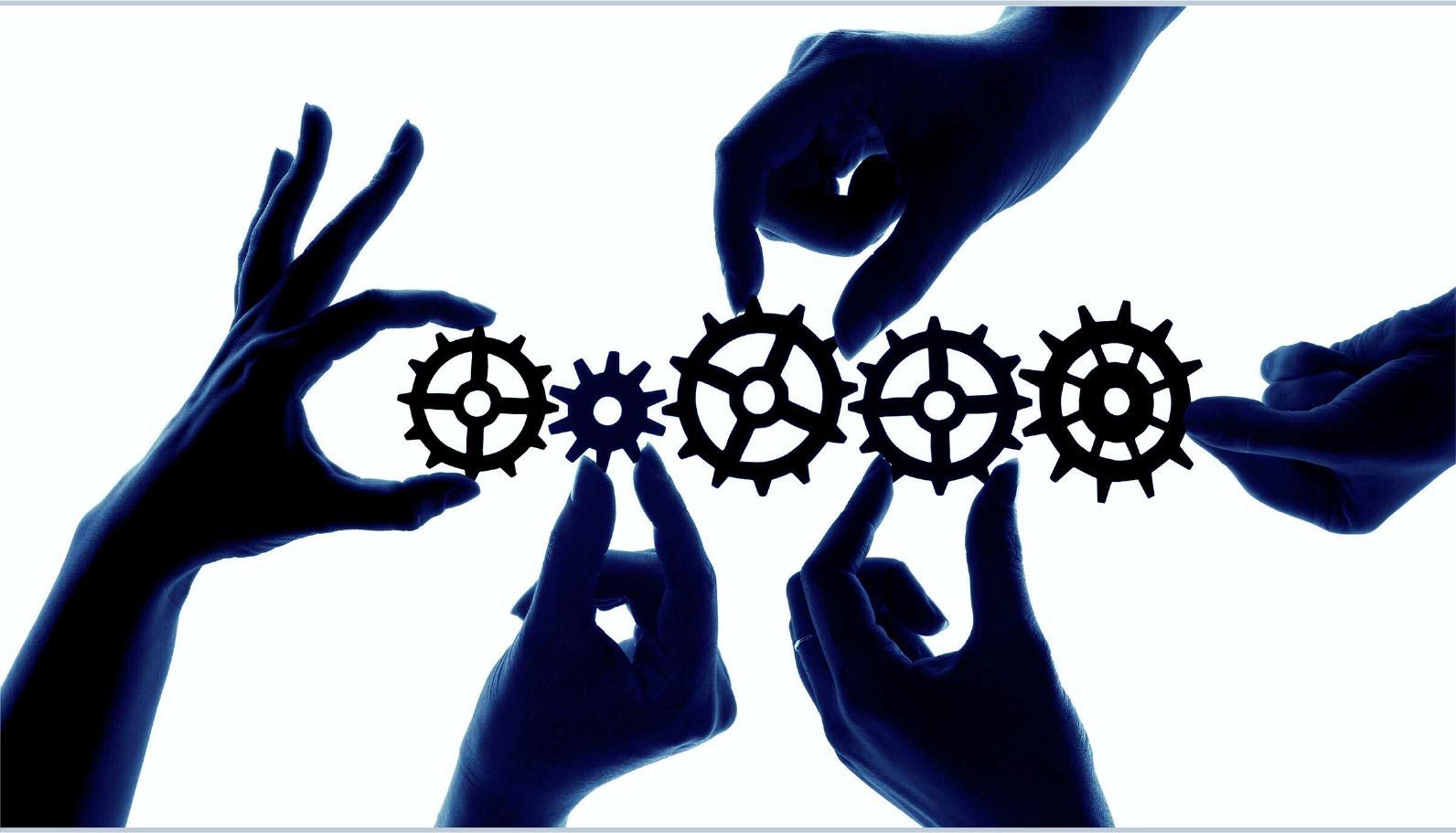
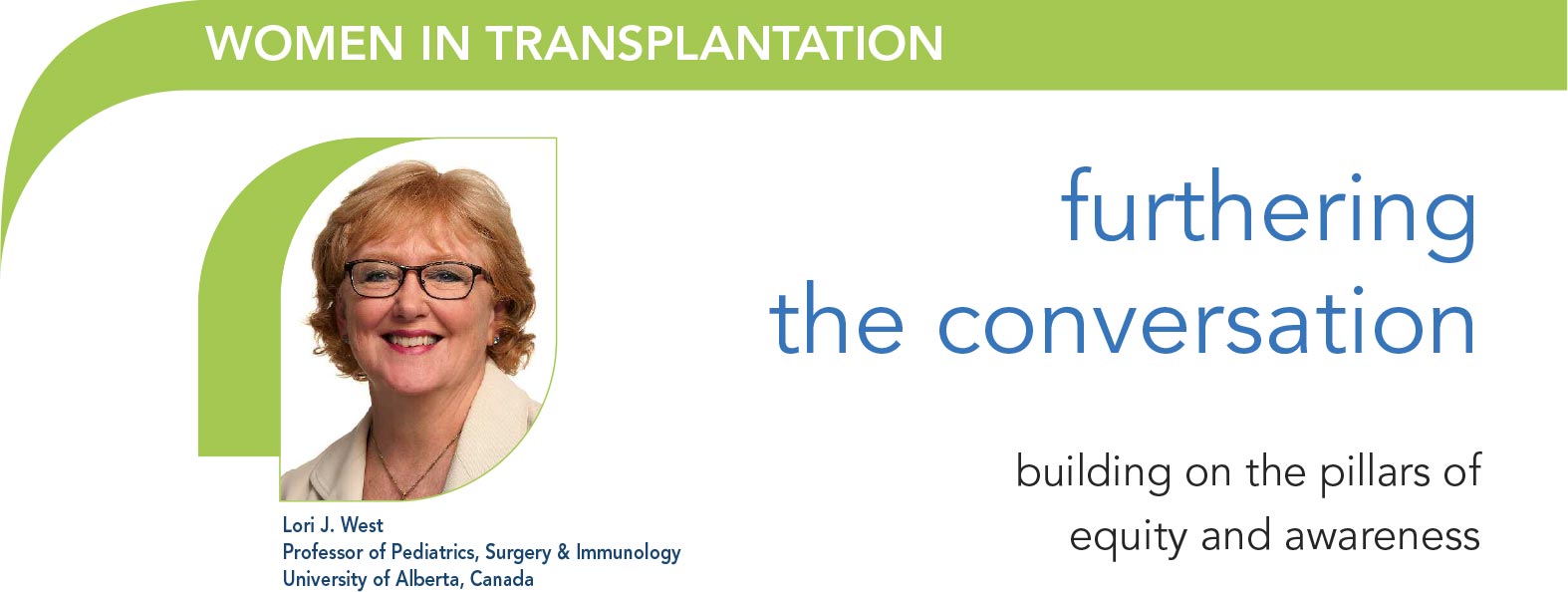
Women in Transplantation (WIT) joined together with the Women’s Health Community of Practice (WHCOP) with support of Novartis and Veloxis to hold a networking event at ATC in Seattle. The Call to action event drew attention to the important topic of empowering women in transplant: achieving equity in leadership, career, research and patient care. WIT is furthering this conversation at TTS2018 during the pre-congress workshop as well as the WIT networking event on July 3rd supported by One Lambda Inc.
Drawing inspiration from BiasWatchnneuro, WIT is developing a speaker database to help fill the speaker equity gap at conferences and speaking events by facilitating a list of competent female speakers. You can checkout the BiasWatchneuro website at www.biaswatchneuro.com.
WIT Leadership
The WIT Steering Committee will announce its new 2018-2020 co-chair at TTS 2018. Elaine Reed will be stepping down as Chair of WIT after two years of dedicated leadership. Lori West, who has been the co-chair of WIT for the last two years, will become the Chair of WIT for 2018-2020.
The WIT Working Group: Pillar 1 - Advancing and Inspiring Women Transplant Professionals, will also be announcing new leadership at TTS 2018 as Lorna Marson will be stepping down as the chair. Lorna Marson is currently the President of the British Transplantation Society.

In addition to the Pre-Congress Workshop entitled “Cell Transplants vs. Stem Cell Therapy” that was held on Saturday, June 30, the Cell Transplant and Regenerative Medicine Society (CTRMS) would also like to highlight the State-of-the-Art Session entitled “Inflammation and Stem Cell Transplantation” taking place on Tuesday, July 2, 14:45-16:15. CTRMS council members Anil Dhawan and Maria Koulmanda will present “Stem Cell Therapy, Hepatocytes, a Source for Liver Regeneration” and “Pursuing Tolerance by Blocking Inflammation in Islet Transplantation”, respectively.
On September 26-29, 2017, a Joint Congress was held with the Canadian Society of Transplantation (CST) in Halifax, Nova Scotia. It received the highest accolades for international quality of science from CST, together with letters of appreciation from the Prime Minister of Canada, Justin P. J. Trudeau, and the Premier of Nova Scotia, Stephen McNeil. An exciting gala evening took place on the water in Halifax and included future, present and past CTRMS Presidents in attendance and celebrated 5 CTRMS Young Investigators for award presentations.
We are looking for members interested in working actively for the society. The CTRMS has three committees, Young Investigator, Web and Social media and the Membership committee. The work involves regular telephone/Skype meetings, but also includes face-to-face meetings at our biennial congress. If you have ideas on how to implement the committees’ mission, want to plan young investigator events, or just want to develop your professional network in the field of Cell Transplantation and Regenerative Medicine, please visit us at the TTS booth or send us an email with a short biosketch and a few sentences describing your interest in joining a CTRMS committee.
On October 12-14, 2018 we will host a special workshop on “Enabling Technologies for Cell and Regenerative Medicine” in Tucson, Arizona, with key focus on Encapsulation and Tissue Engineered Constructs.
If you would like to know more about our society or join us, please come and see us at the TTS booth or visit https://tts.org/ctrms.
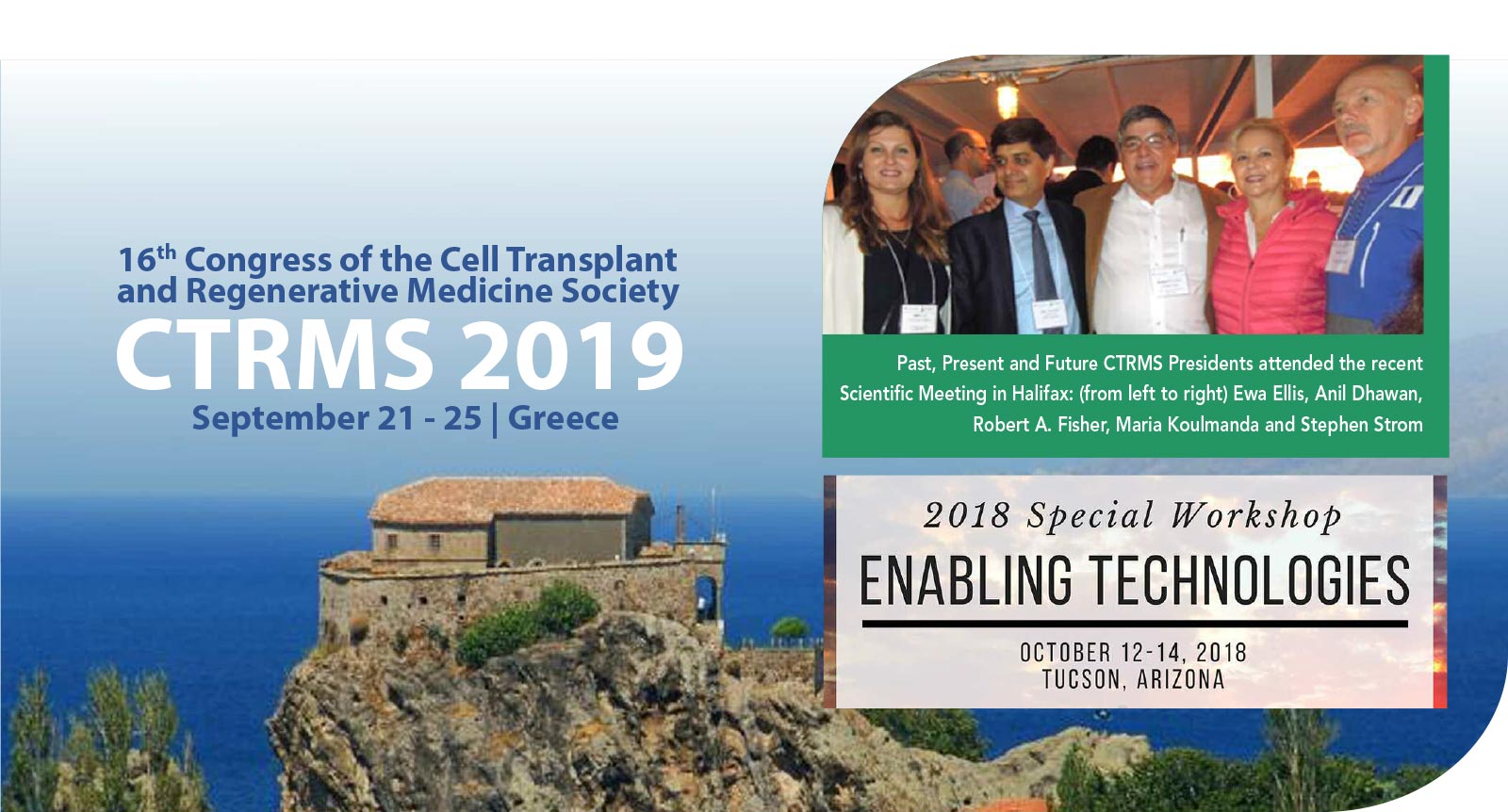

IPITA welcomes its members and the whole pancreas and islet transplant community to the 27th Congress of The Transplantation Society (TTS) taking place on June 30-July 5, 2018 in Madrid, Spain. After a recent and very successful Key Opinion Leader Meeting on Stem Cell-Derived Beta Cells, presenting cutting-edge science in this booming field, IPITA has put together for Madrid a program in which renowned speakers will address a variety of topics relevant to beta-cell replacement therapies.
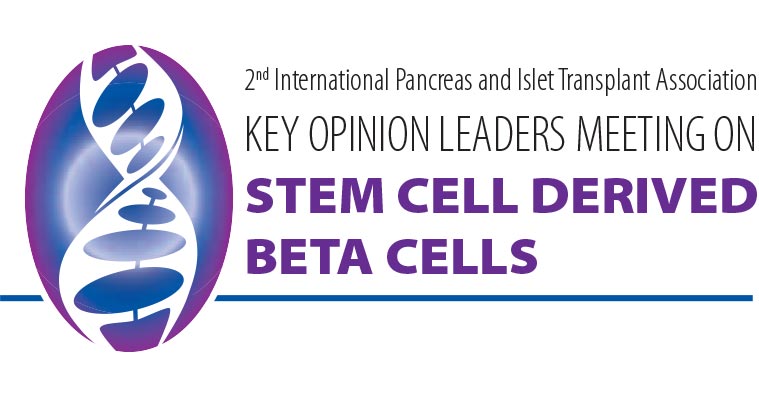
A state-of-the-art symposium on July 3, 2018 will look at: current outcomes in clinical beta-cell replacement and how they should drive decision-making in specific situations faced by patients with complicated type 1 diabetes; a consensus paper on definitions of successful outcomes for pancreas and islet transplantation recently published by experts from IPITA and ESOT; and application of these criteria to stem cell-derived transplants will also be explored in this symposium.
A morning symposium on July 4th, will take you to the future of beta-cell replacement, beyond pancreas and islet transplantation as they are performed today. Will transplantation of xenogeneic or stem cell-derived insulin-producing tissues be the ultimate solution? Will genome editing be instrumental in the development of such strategies? Or will the design of algorithms in artificial insulin delivery make so much progress that transplant strategies will no longer be required?
Topics relevant to islet transplantation will also be presented in the Cell Therapy on July 2nd, and, Xenotransplantation on July 3rd symposia.
Welcome to Madrid and enjoy the Congress, especially the scientific programme designed for you by IPITA.
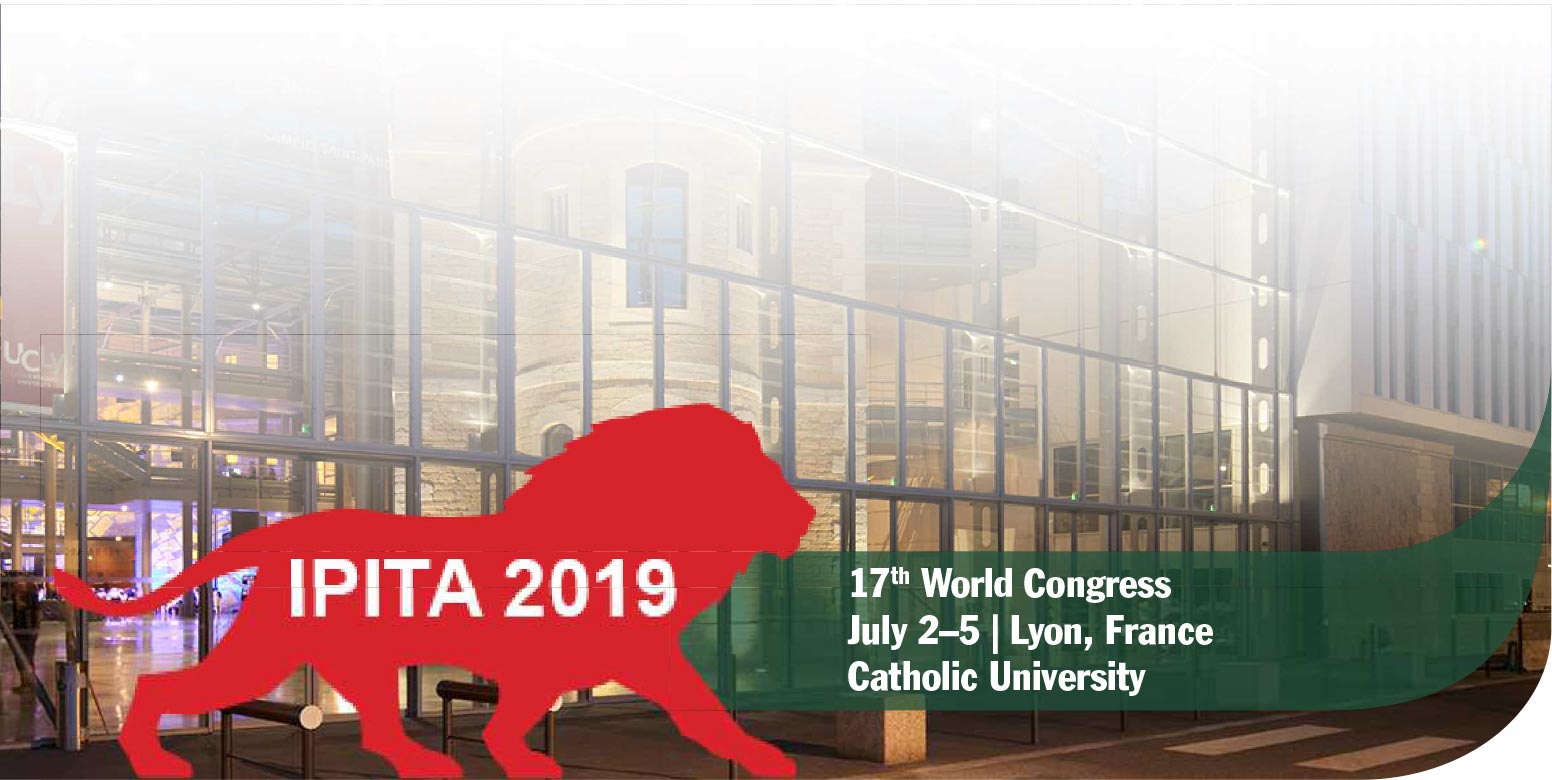

We are delighted to welcome you to the lovely city of Vancouver, British Columbia, Canada for the 10th Scientific Congress of the International Pediatric Transplant Association, which will be held from 4-7 May 2019.
Vancouver is an exciting city with much to offer from natural beauty and spectacular wildlife, a variety of outdoor activities and sporting opportunities as well as diverse cultural and Canadian historic interest.
There are also excellent airlinks to many international cities and Vancouver is particularly accessible to North America and Asia. The meeting will be held in the Westin Bayshore Hotel in central Vancouver with good accommodation facilities available in close proximity.
Vancouver has a strong pediatric medical fraternity as hosts with a strong interest in pediatric transplantation and we endeavour to entice you indoors with the quality of the research and talks that will be presented at the meeting.
The meeting will start on Saturday, 4 May, with 2 pre-congress symposiums including a half day ‘Foundations in Paediatric Transplantation’ Pre-symposium and a full day ‘Allied Health Pre-symposium’. The main meeting will start in the late afternoon, and will continue for 3 full days, closing on Tuesday, 7th May. During this time, we hope to stimulate thoughts and discussions around the latest developments in all fields of paediatric transplantation by plenary and state of the art lectures, interactive workshops as well as poster and abstract sessions. Themes include Infectious diseases, Immunology, Organ Donation, Surgical, Ethics, and New Technologies, to name just a few.
We plan to have an opening reception as well as a congress networking event to meet old friends and make new acquaintances.
We invite you to join us at this exciting meeting and to bring your whole transplant team – to learn, teach, and play together for the benefit of the paediatric transplant patients that we serve.
Look forward to seeing you in Vancouver.

The International Society for Organ Donation and Procurement (ISODP) is pleased to announce the 15th Congress will be held November 12-15, 2019 in Dubai, United Arab Emirates. With a focus on innovation, growth and investment in professional development, this milestone Congress will bring together thought leaders from across the globe, and the best in new practices to solve the organ donor shortage.
Dubai has emerged as one of the leading destinations for cutting edge medical and scientific advancements and is well positioned to welcome guests of ISODP with world class facilities. A modern international city, Dubai invites visitors to a clean, safe and relaxed environment. ISODP is partnering with the Saudi Center for Organ Transplantation and the Emirates Nephrology Society in a broad-based commitment to engage organ donation delegates from throughout the world. It is a central destination with extensive travel options and a wide range of lodging accommodations with something for everyone.
The ultimate aim is to increase the supply of high-quality organs and tissues to match patients’ needs and to promote countries increasing performance towards self-sufficiency and improved opportunity for transplantation. The ISODP 15th Congress in Dubai will bring scientific and educational programs to present the issues, ideas, research and innovations in organ donation and the donation process.
Mark your calendars, we look forward to welcoming you to Dubai.

The 14th International biennial meeting of the ISVCA will be held September 29 to October 1, 2019 in New Delhi, India. The ISVCA meeting will be held in parallel to the ISOT/CAST meeting in the same venue and will have one common plenary session. This will enable members from the Asian and Indian societies and the VCA community of the world to have close interaction.
India, which has a rich experience in solid organ transplantation, came into the VCA scene with the first bilateral hand transplants done at the Amrita Institute, Kochi on January 13, 2015. Subsequently, the same centre has carried out four more double upper limb transplants. Two more centers followed with double hand transplants in one patient each this year. Two uterine transplants were also carried out successfully in Pune, India this year.
The Indian Society of Organ Transplants (ISOT) leads the scientific activities related to organ transplants in the country. This society has subdivisions for different solid organs as well as supportive services like pathology and transplant coordinators who all have separate sections in the national meeting held annually in different parts of the country. In 2015, the Indian Society of Reconstructive Transplants (ISRT) came into being under the umbrella of the ISOT. The 2019 national meeting of the ISOT will be coupled with the Congress of Asian Society of Transplantation (CAST). The CAST will attract participation from transplant professionals from all Asian countries.
The meeting will discuss relevant topics like expanding the indications for VCA, VCA in developing countries, VCA procurement in deceased donors and Immunology updates from solid organ transplants. A one-day satellite symposium is planned on immunology and pathology of VCA in Kochi, a port city in the southern state of Kerala a few days after the main meeting.
New Delhi, the capital city of India, is well connected to all parts of the globe. It offers a plethora of tourist attractions, besides being a hub for exploring the neighbouring attractions like the Taj Mahal and the pink city of Jaipur or the hill stations of Uttarakhand. The satellite symposium in Kochi will offer a chance to visit the picturesque southern state of Kerala described in the tourism circles as “gods own country”, offering a mix of hill stations, beaches, backwaters and opportunity to relish the traditional Ayurvedic massage sessions.
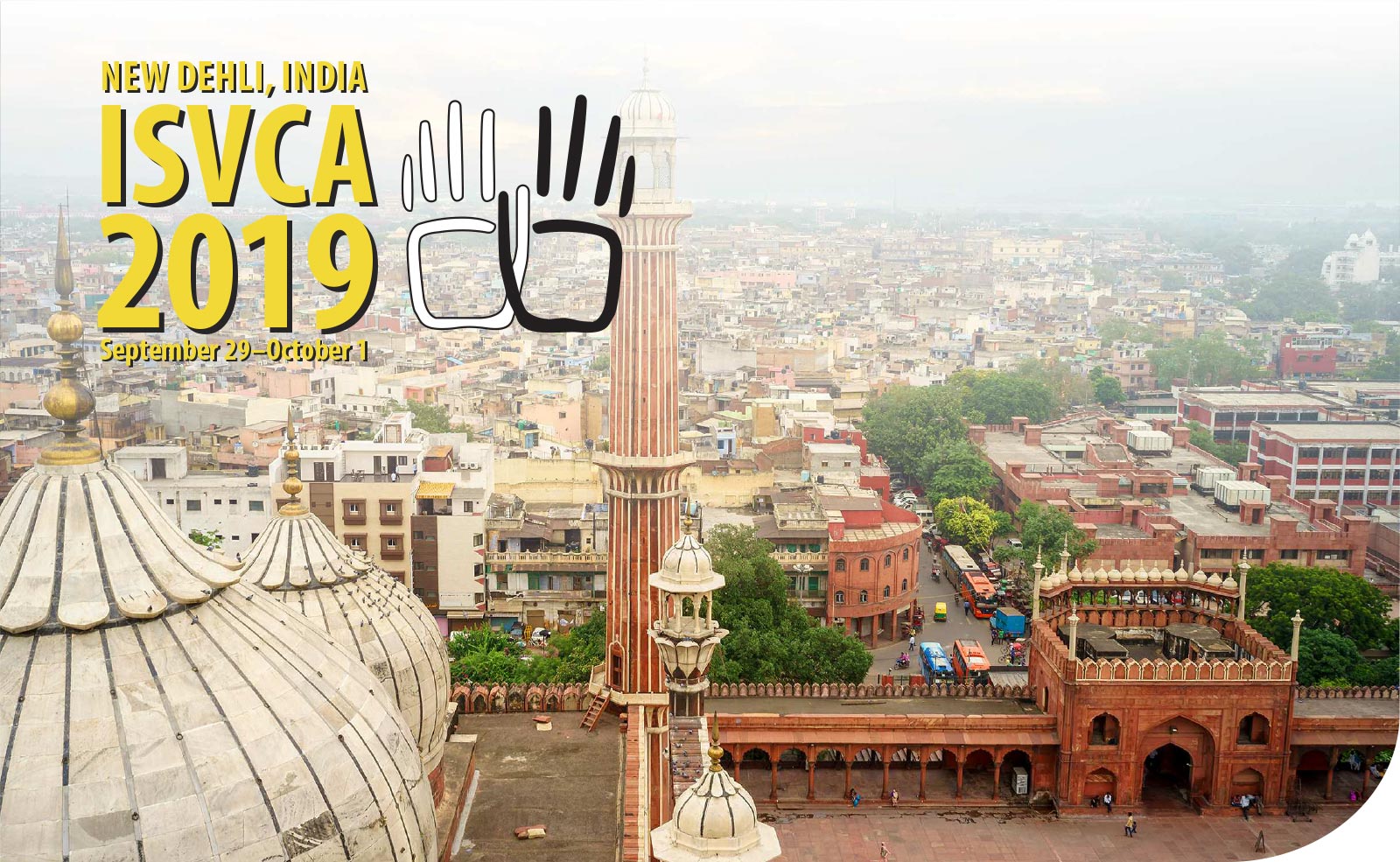

These are exciting times for Xenotransplantation. IXA is looking forward to its 15th Biennial Congress in Munich, Germany on October 10-13, 2019. Conveniently located in the heart of Europe, Munich is combining the dignified splendor of an old Bavarian kingdom with the vitality of a modern high-tech location. You will experience the exciting spirit of a modern capital with all kinds of social events and encounter the natural beauty of lakes and mountains nearby.
The congress program will highlight recent breakthroughs in xenotransplantation research and their development towards clinical application. Specific sessions will cover regulatory and ethical issues of xenotransplantation from different perspectives. In addition, complementary approaches for the treatment of chronic organ failures, such as stem cell-based therapies and mechanical assist devices, and their potential use for specific patient cohorts will be discussed.
The Congress Co-chairs Eckhard Wolf and Bruno Reichart, and the Scientific Program Committee, are busy working on developing a very comprehensive and balanced program – stay tuned for updates coming soon!

Join us in Paris, France, on July 3-6, 2019, for the XVI Congress of the Intestinal Rehabilitation and Transplant Association (CIRTA2019).
The care of adults and children with intestinal failure has become a well-integrated mission, with intervention of gastroenterologists, hepatologists, surgeons, anesthesiologists, specialized nurses, and social workers, through procedures and treatments such as long-term home parenteral nutrition, lengthening surgery, growth factors administration and transplantation. The ultimate aim of this demanding care is for these patients to lead a “near normal” life. The meeting will unite physicians and allied health professionals on topics such as: the basics of intestinal regeneration and immunology, the exciting discoveries on the numerous positive and deleterious aspects of the microbiome, the many roads of the gut-liver axis, the challenges of everyday life with parenteral nutrition, the future of rehabilitation such as hormonal therapy and artificial intestine, the difficulties and successes of intestinal transplantation, the long term outcomes of these patients, and the many ways to improve patients’ lives, such as psychological and social support, in the education system and workplace, compliance and transition, telemedicine, and patient care in less affluent countries.
The meeting will address the patients’ care from both the patient point of view as well as the health worker’s, and at all stages, from childhood to old age, whether his intestine is absent, transplanted or regenerating. The largest units of intestinal rehabilitation or transplantation in the world will be present, allowing the professionals to exchange ideas and experiences, and network for the very best of these patients with such difficult medical journeys.
Make your plans to join us in Paris for this transformative Congress.
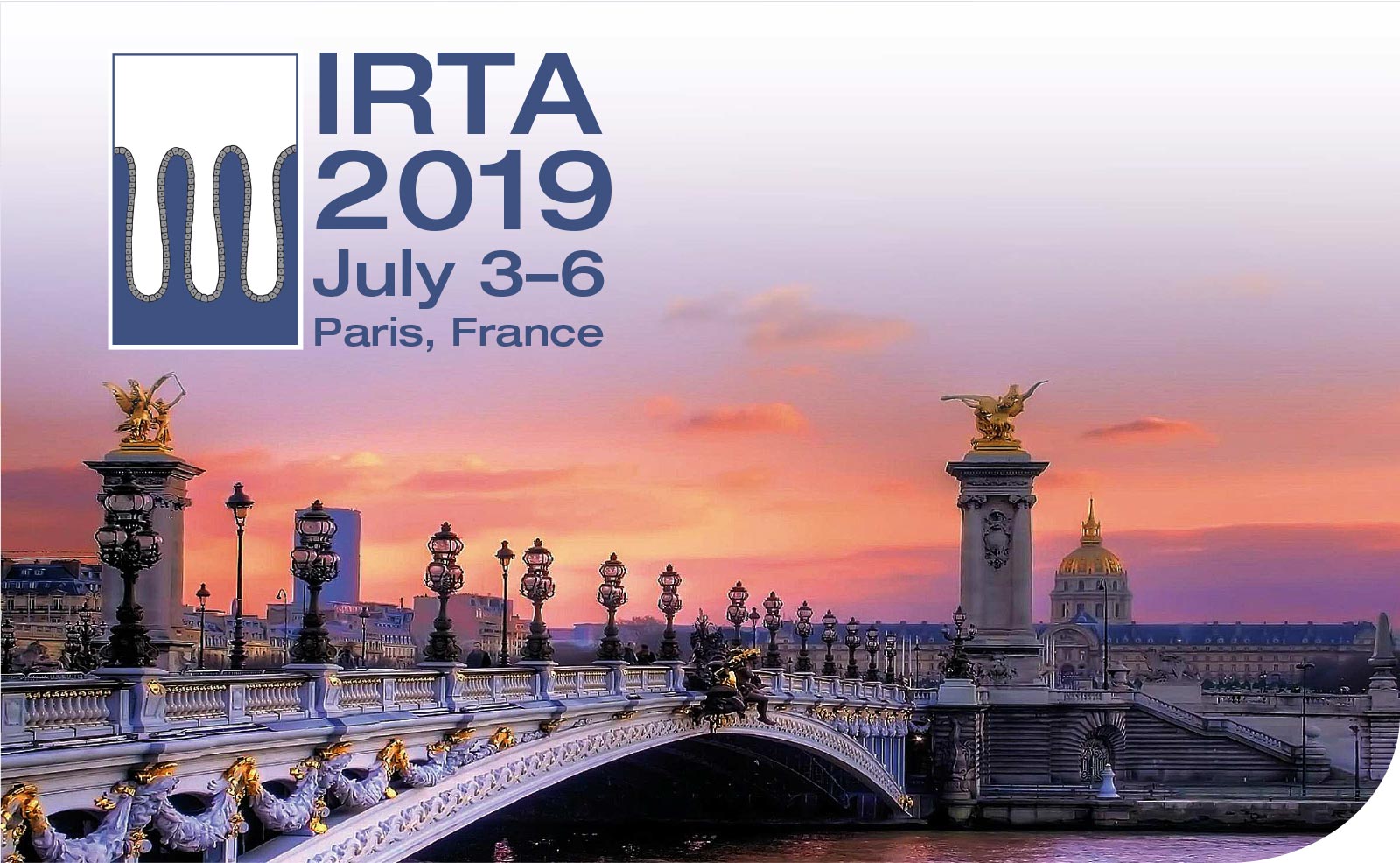

The mission of TID is to promote research and education in the prevention, diagnosis, clinical consequences, and management of the infectious disease problems of the transplant recipient. In the last two decades, TID has organized meetings in several regions of the world, bringing updated information in the field of transplant infections, with programs that diligently include topics of regional interest.
In order to build collaborations with other interested organizations, we have recently held an exciting joint session with the International Society of Heart and Lung Transplantation (ISHLT) during the 2018 ISHLT conference in Nice, France. A similar one-day meeting is being planned for November 11, 2019, in Dubai UAE, one-day prior to the ISODP Congress being held on November 12-15, 2019. Members are welcome to suggest similar collaborations with other meetings.
Our journal, Transplant Infectious Disease, covers state-of-the-art clinical review articles, clinical investigation, reviews of experimental and translational research in transplant infectious disease, and novel case reports. Over the years, TID members have contributed significantly to the journal’s success, increasing the number of periodic submissions and the growth of Transplant Infectious Disease impact index.
Above all, we are proud to note that TID members are expert professionals in their field of activity in all regions, as shown by the recent publication "Recommendations for the Treatment of Endemic Diseases and Travel Medicine in Solid Organ Transplant Recipients and Donors: Latin America", which was proposed and developed by a team of experts, many of them active members of TID.
Join TID – TTS today and welcome to the vibrant field of transplant infections.
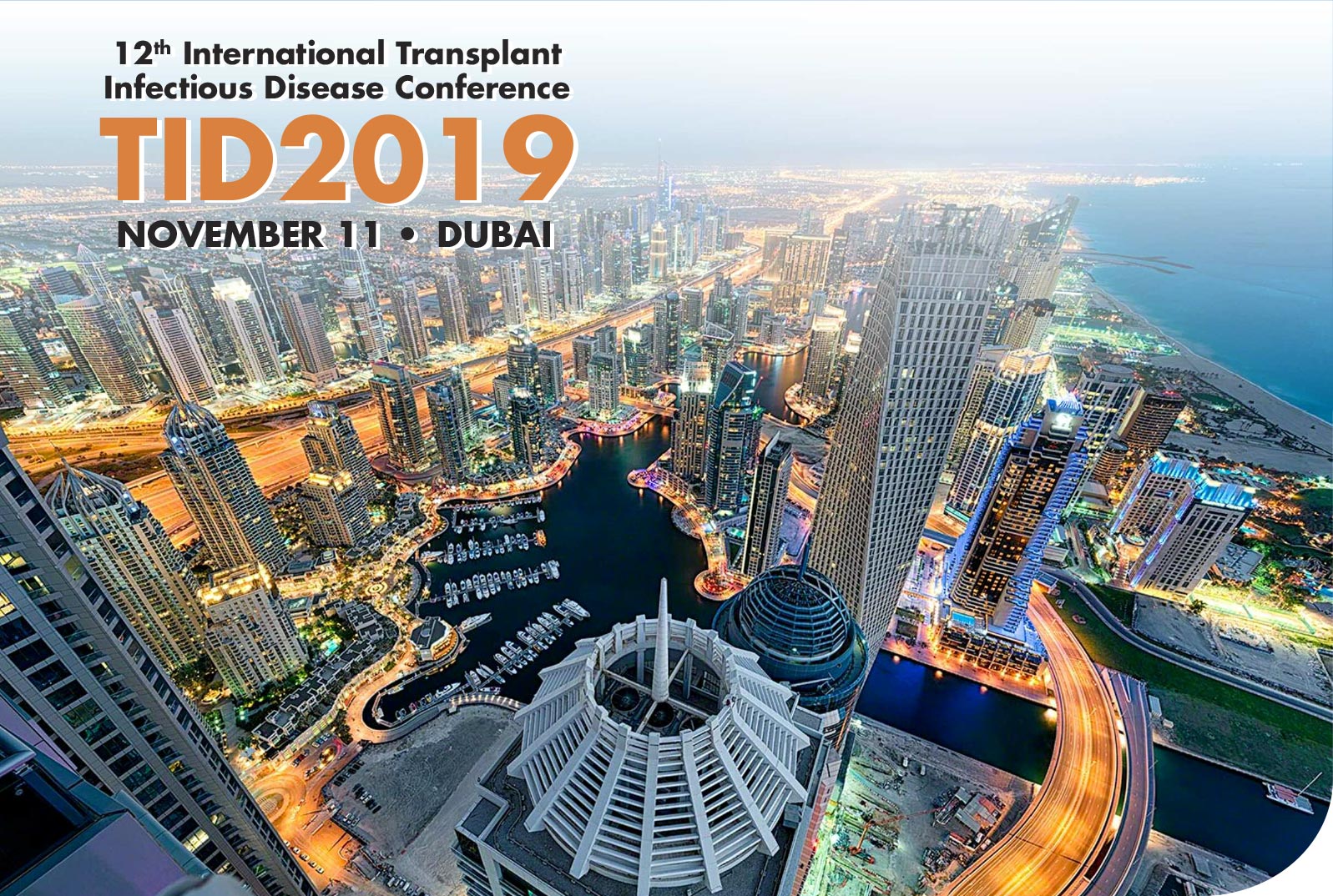
To consolidate its position as the leading global organization, the Council has representation from all six regions of the world: Asia, Europe, Latin America, Middle East/Africa, North America and Oceania.
EXECUTIVE MEMBERS
| PRESIDENT Nancy Ascher |
| PRESIDENT-ELECT Mehmet Haberal |
| IMMEDIATE PAST PRESIDENT Philip J. O’Connell |
| VICE-PRESIDENT Marcelo Cantarovich |
| SECRETARY John J. Fung |
| SENIOR TREASURER Elmi Muller |
| TREASURER Stefan G. Tullius |
| HISTORIAN Randall E. Morris |
| INTERNATIONAL HEADQUARTERS Jean-Pierre Mongeau Executive Director |
COUNCILORS
| ASIA Hiroto Egawa Jongwon Ha S. Adibul Hasan Rizvi |
| EUROPE Beatriz Domínguez-Gil Peter J. Friend |
| LATIN AMERICA Gabriel E. Gondolesi Alejandro Niño Murcia |
| MIDDLE EAST / AFRICA Ifeoma Ulasi |
| NORTH AMERICA Medhat Askar Minnie Sarwal Peter G. Stock |
| OCEANIA Steven J. Chadban |
Contact
Address
The Transplantation Society
International Headquarters
740 Notre-Dame Ouest
Suite 1245
Montréal, QC, H3C 3X6
Canada
Используйте Вавада казино для игры с бонусом — активируйте промокод и начните выигрывать уже сегодня!

